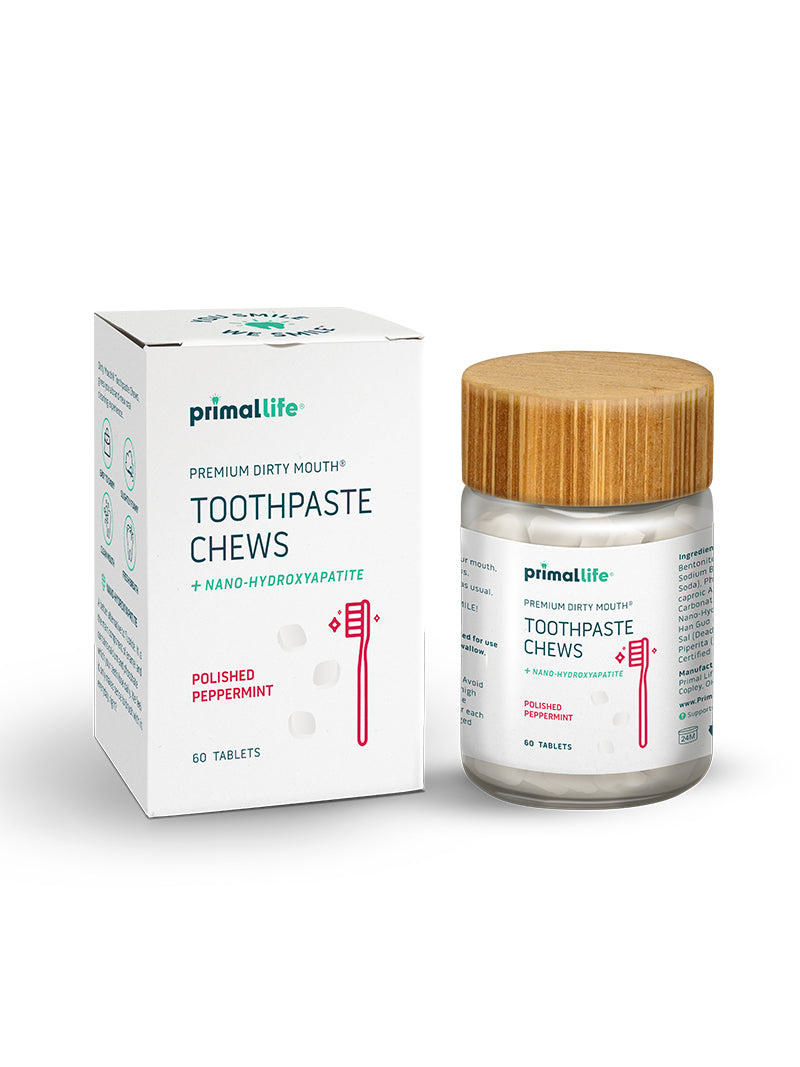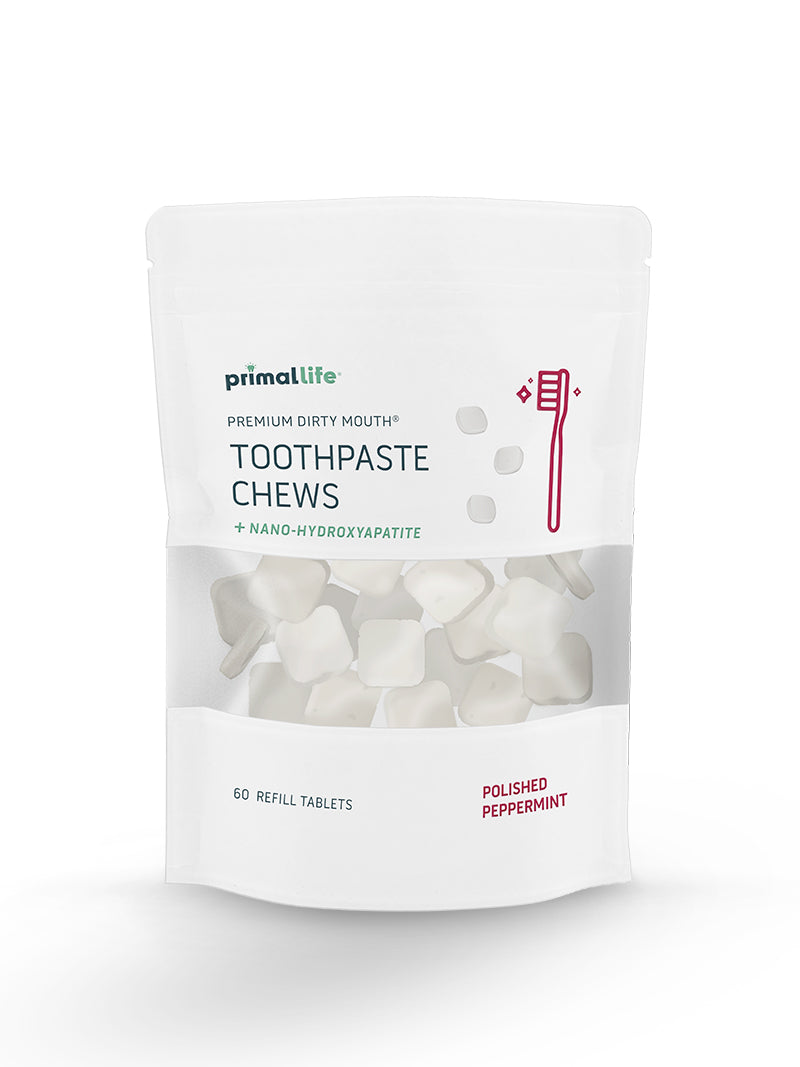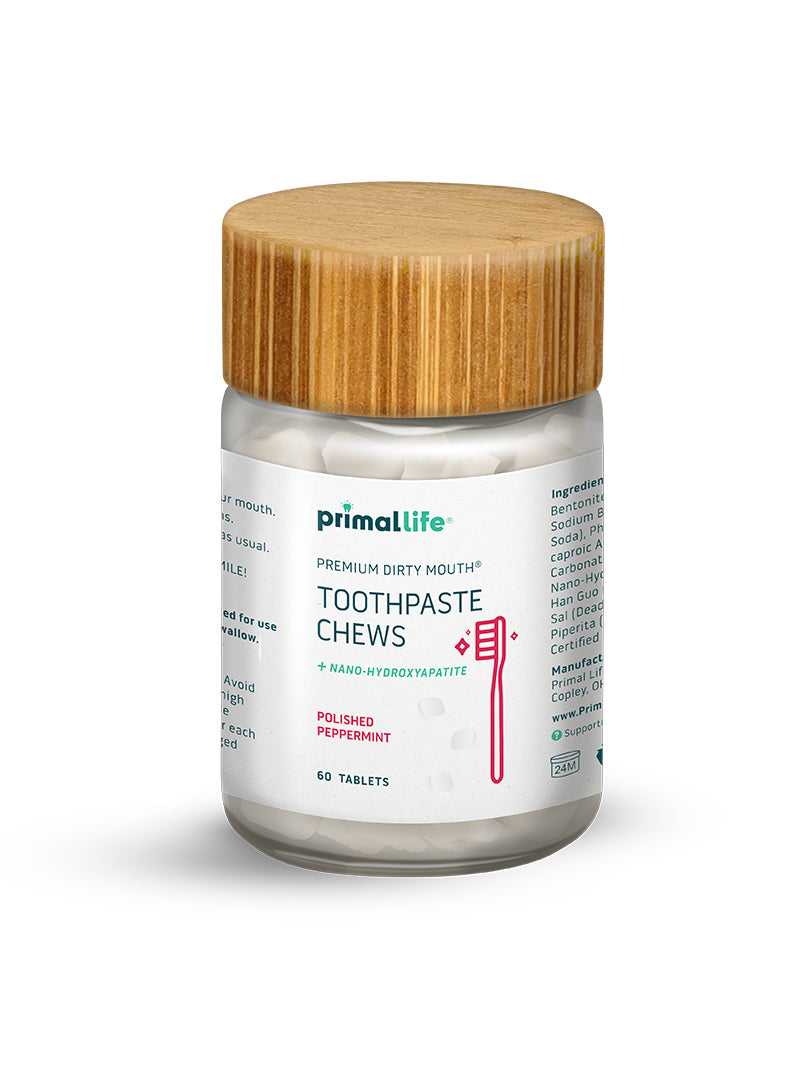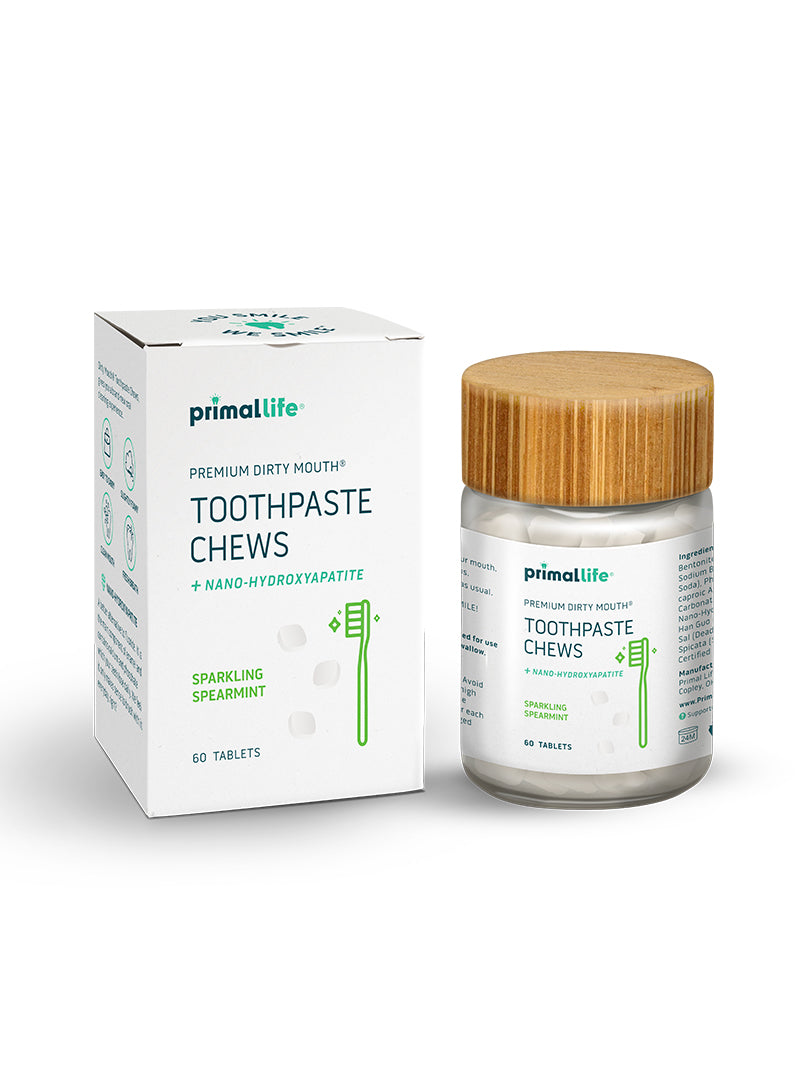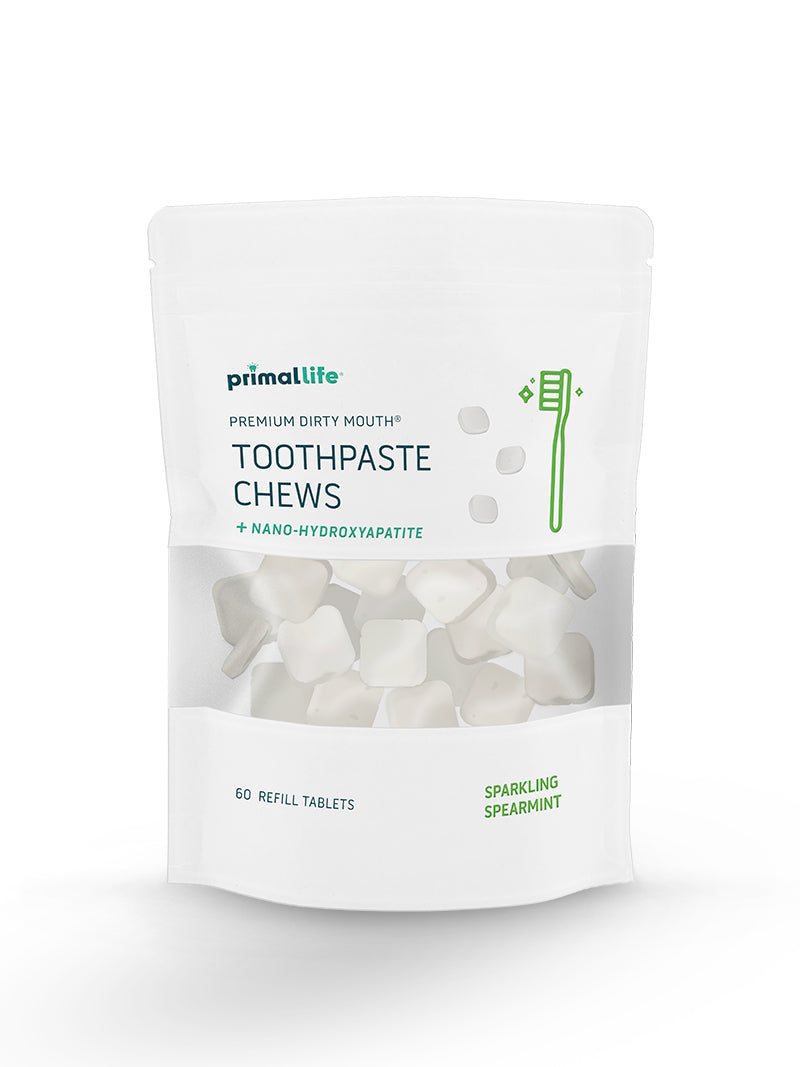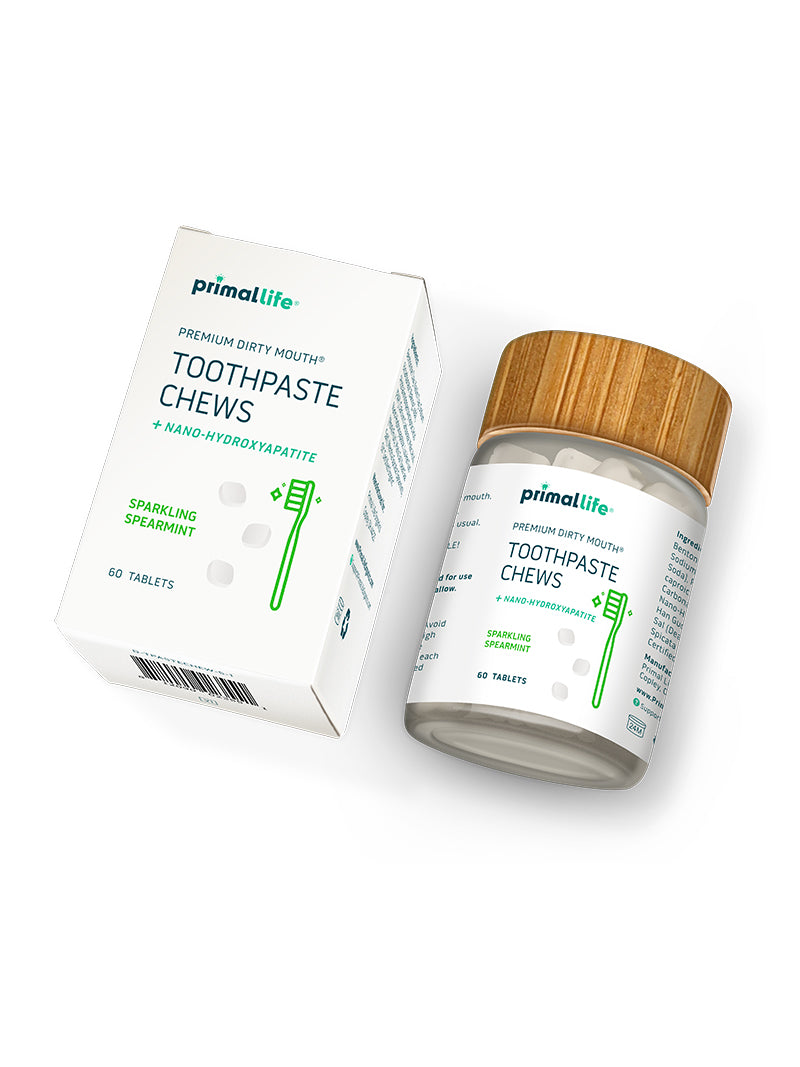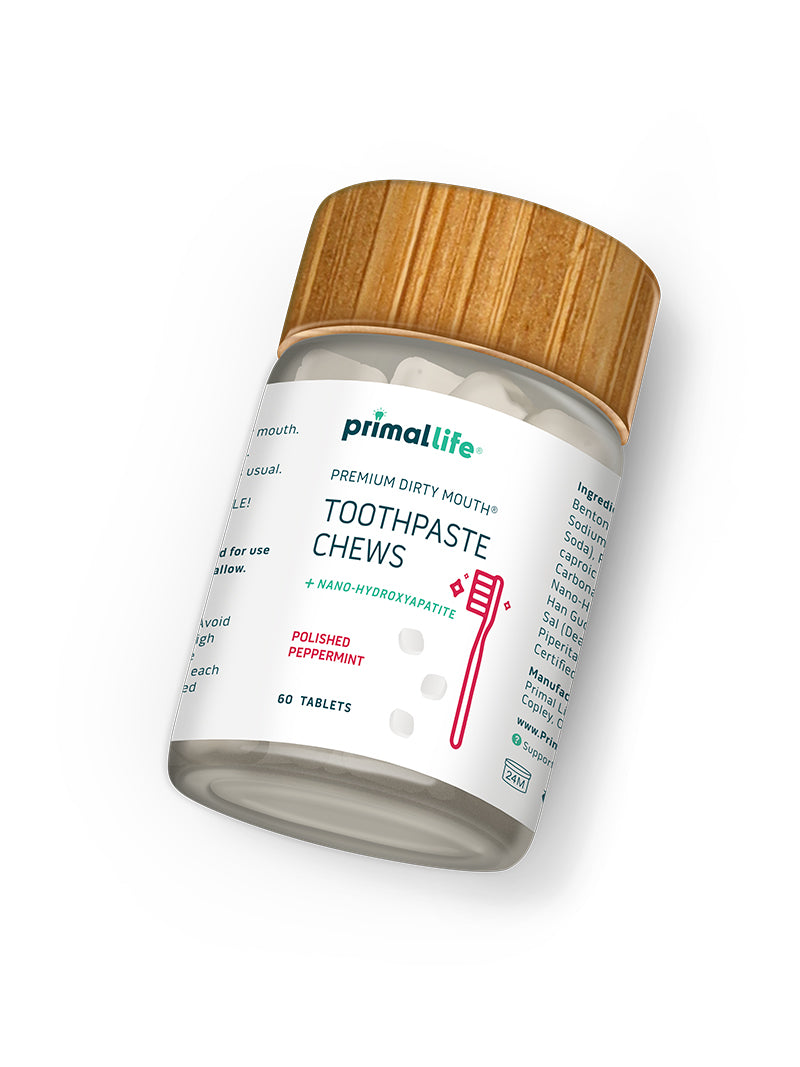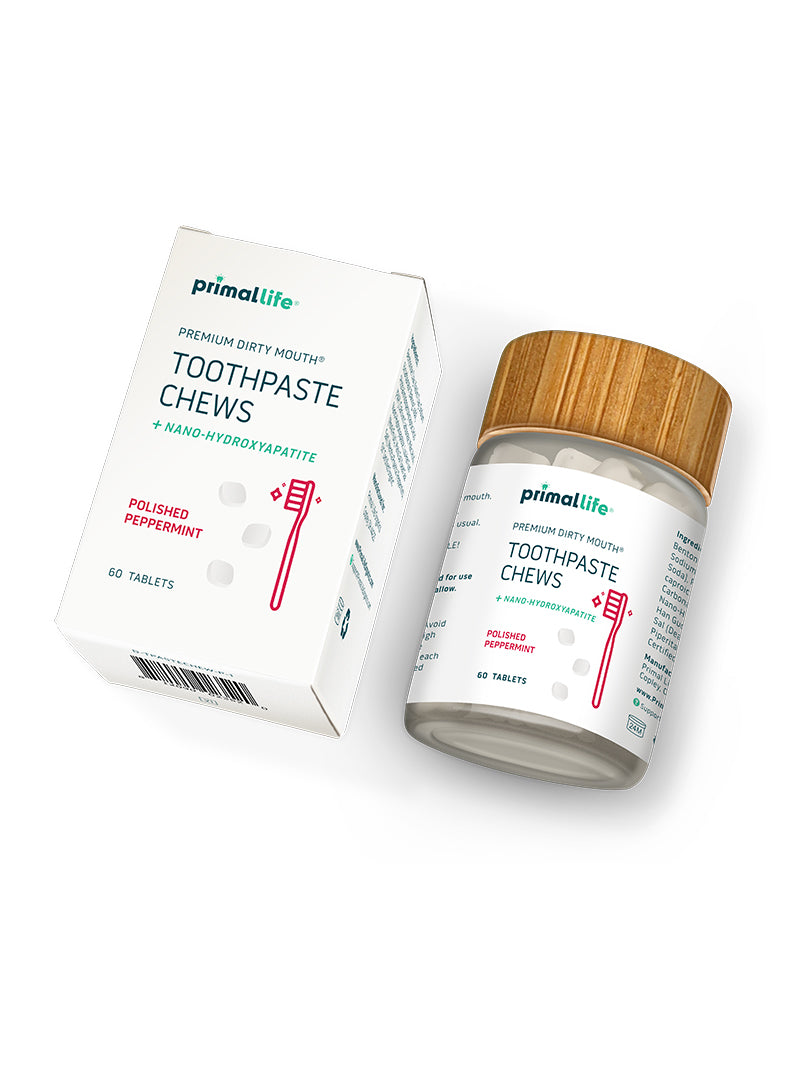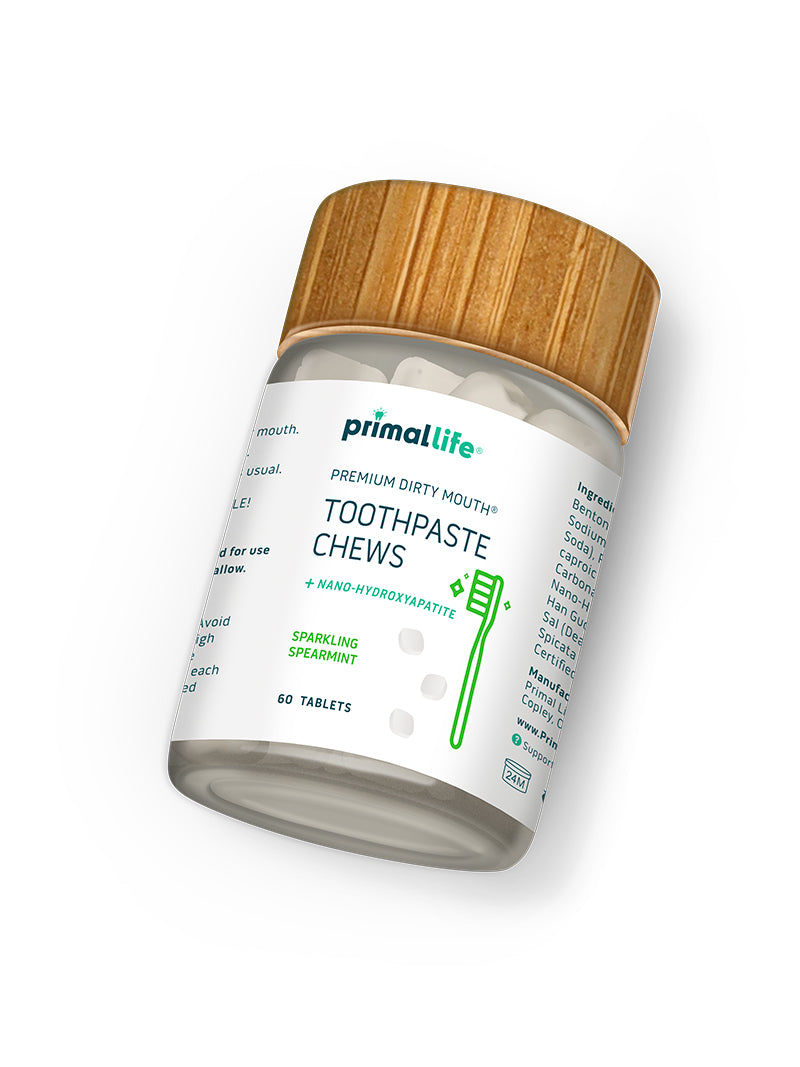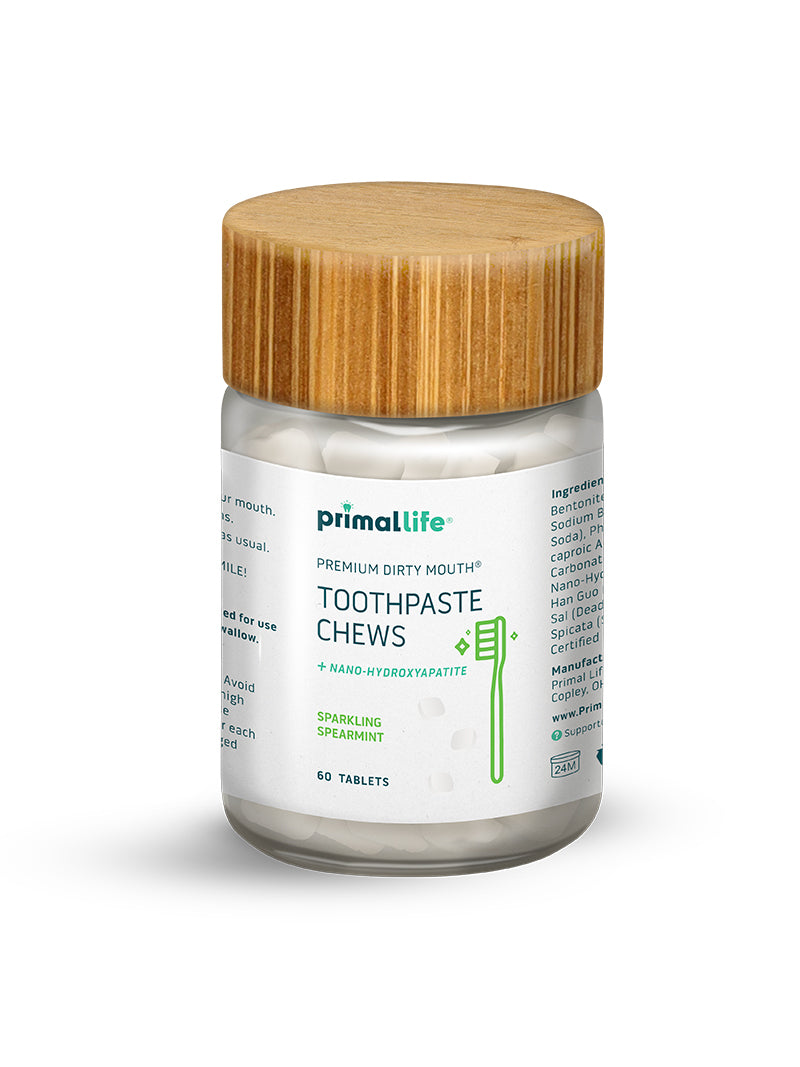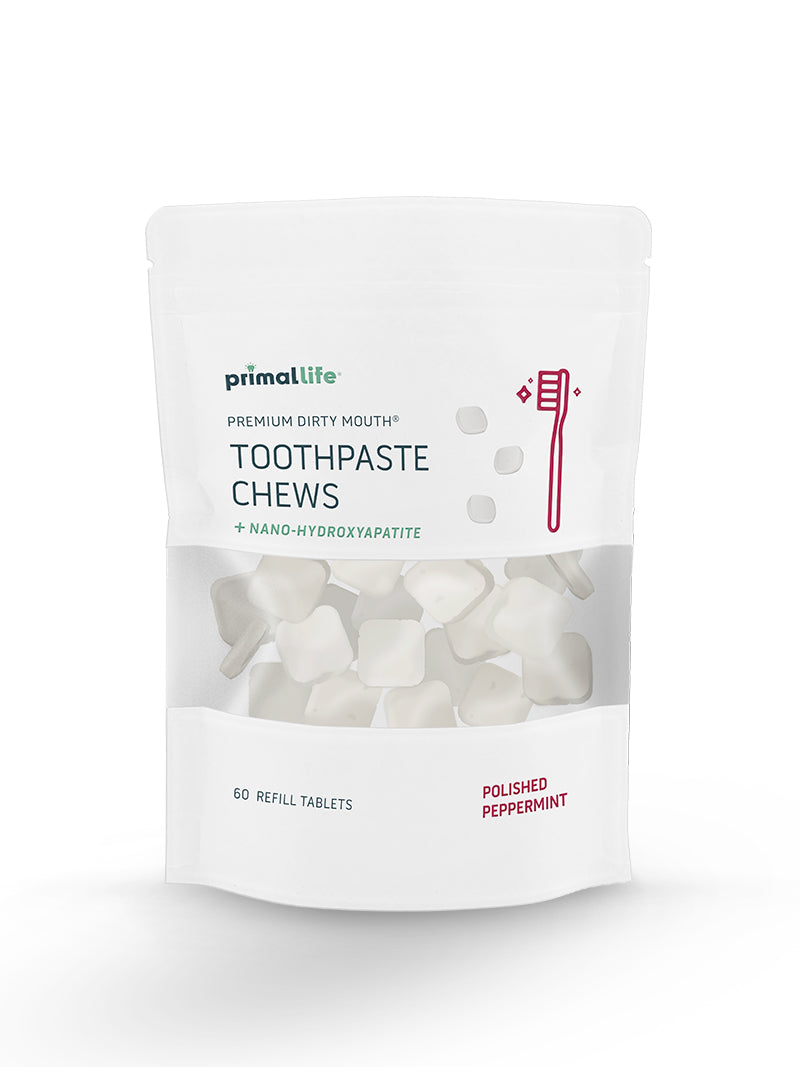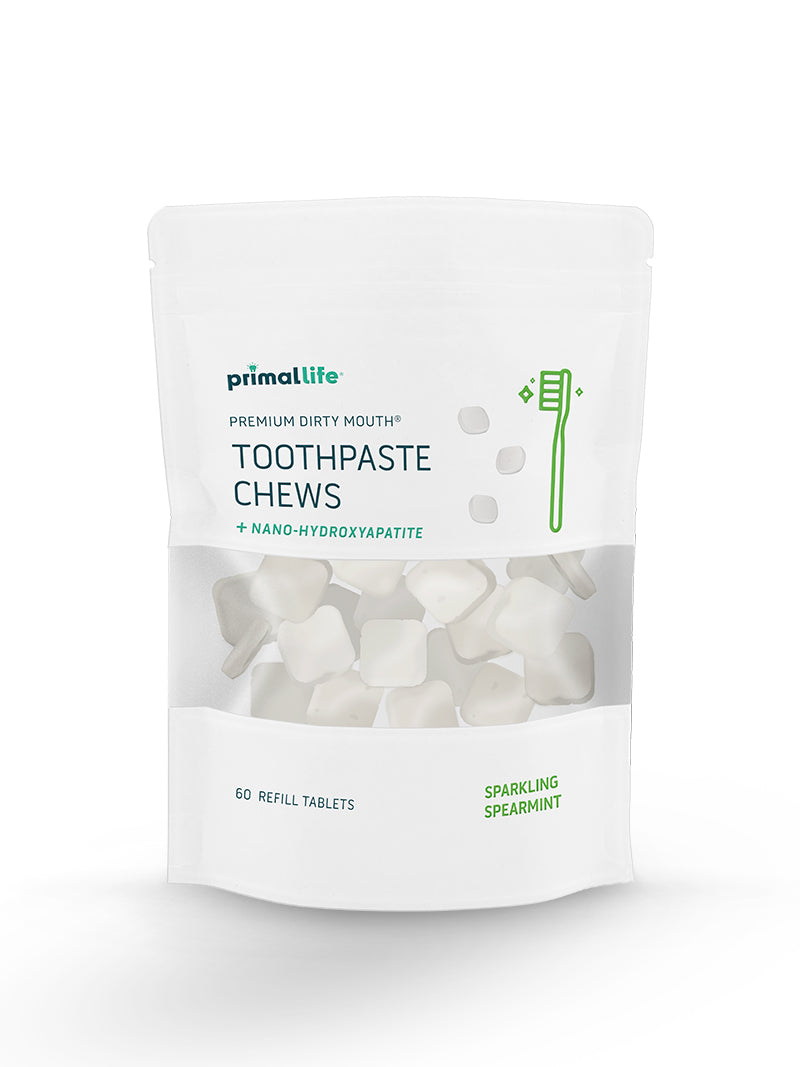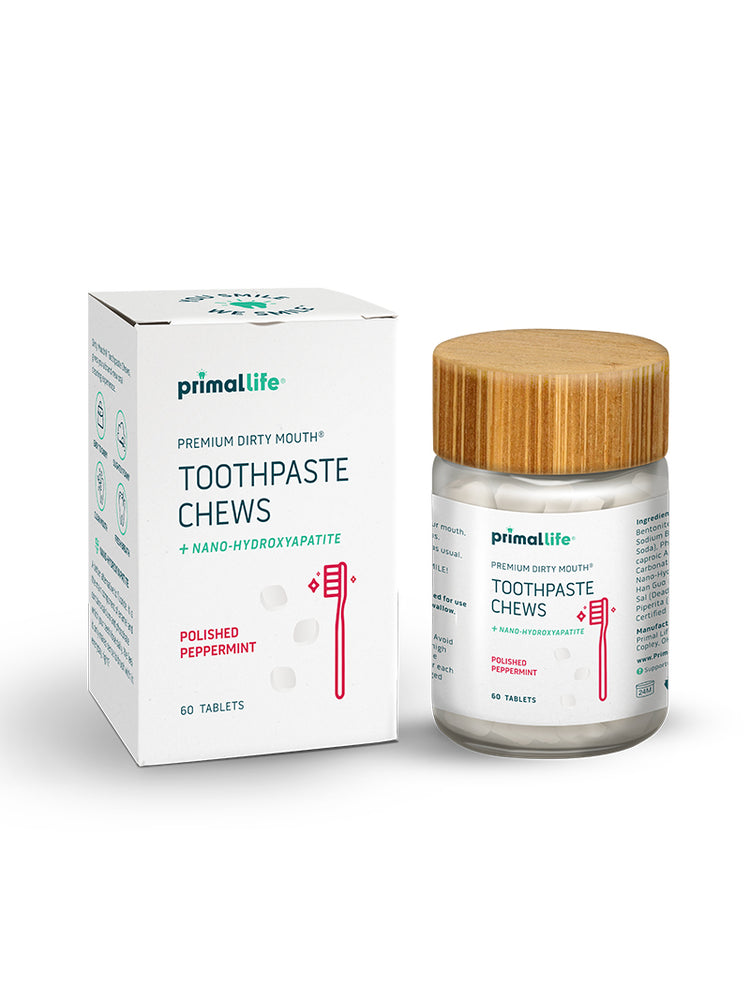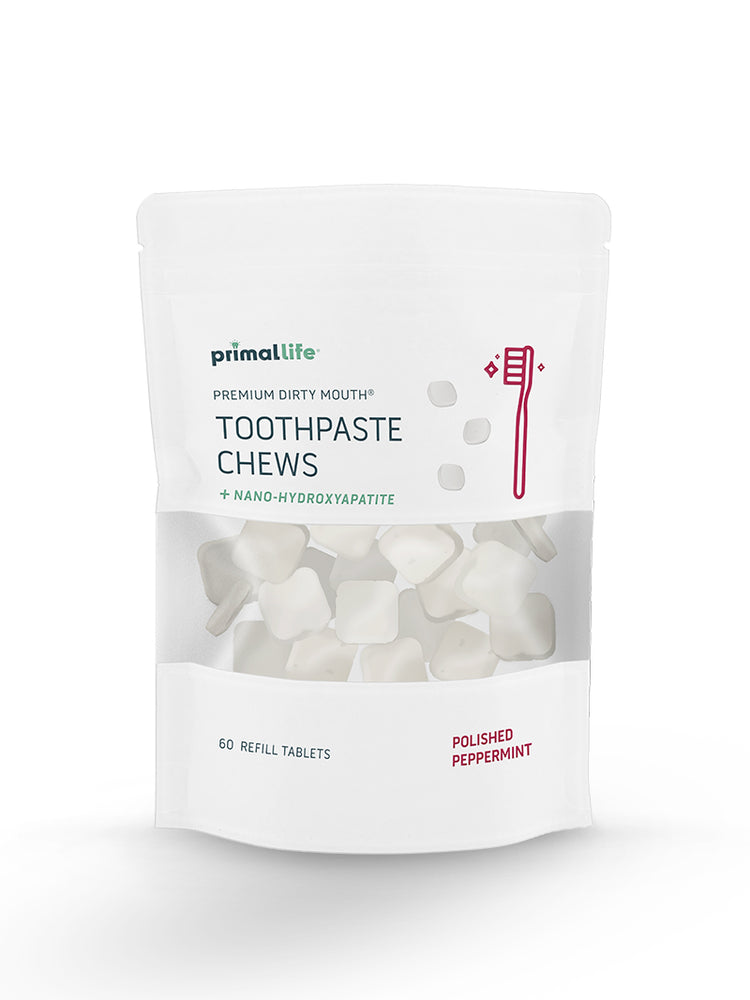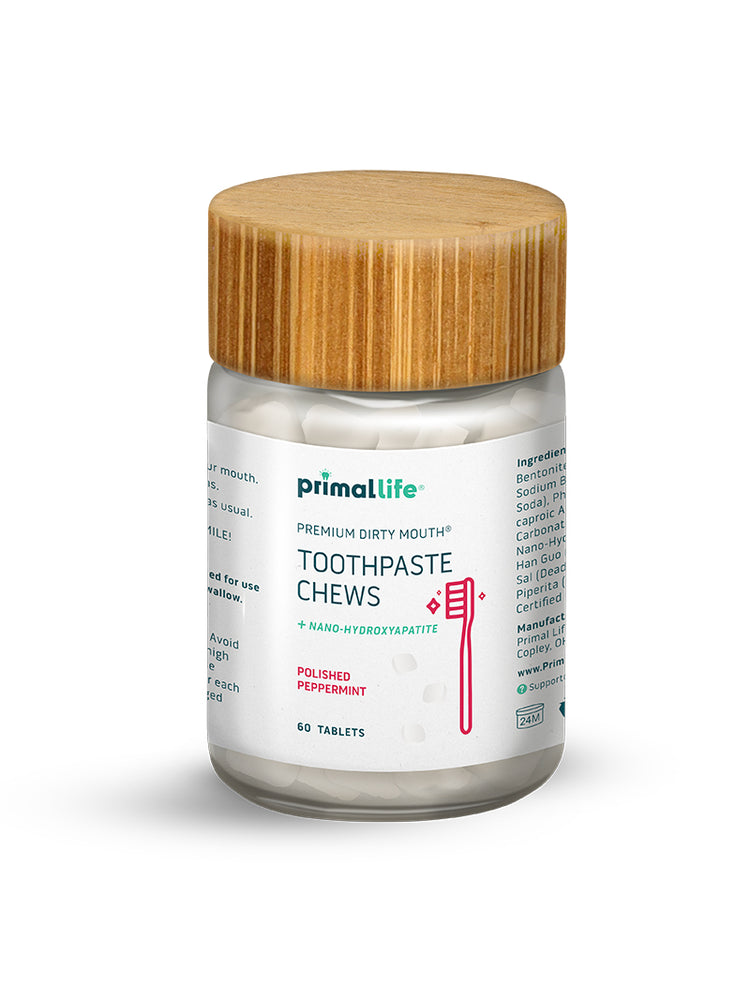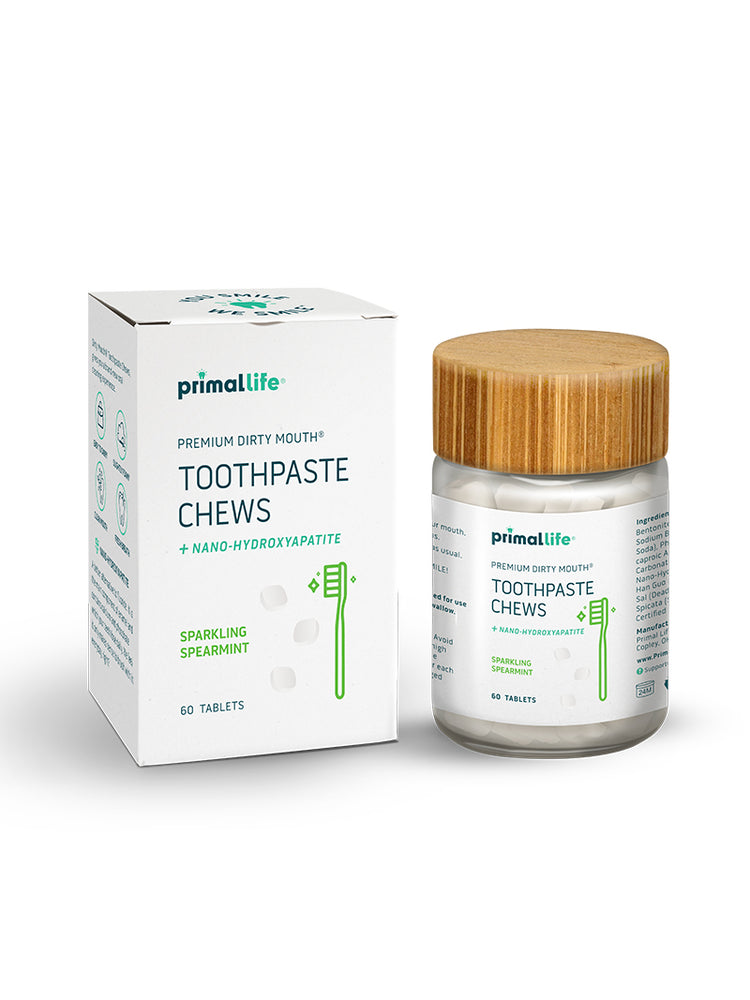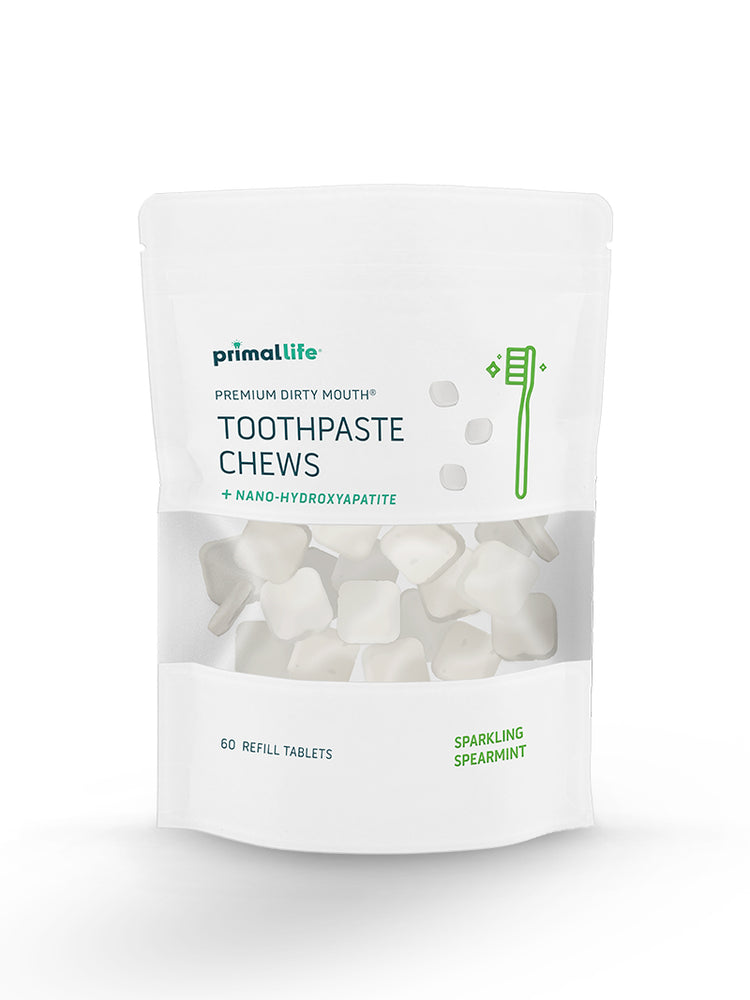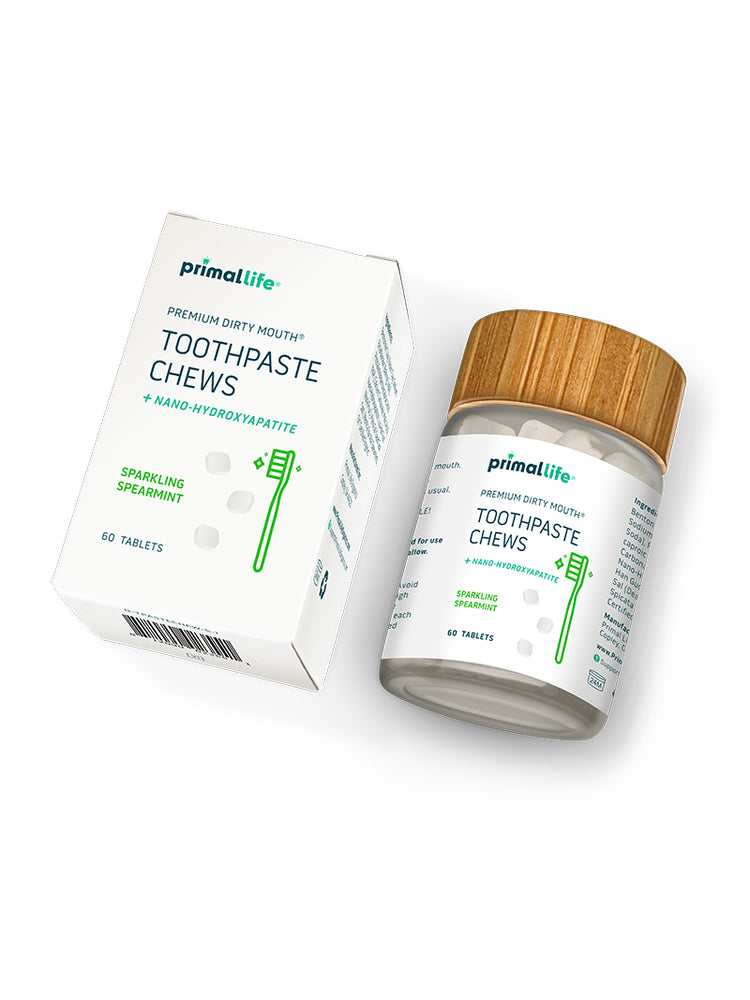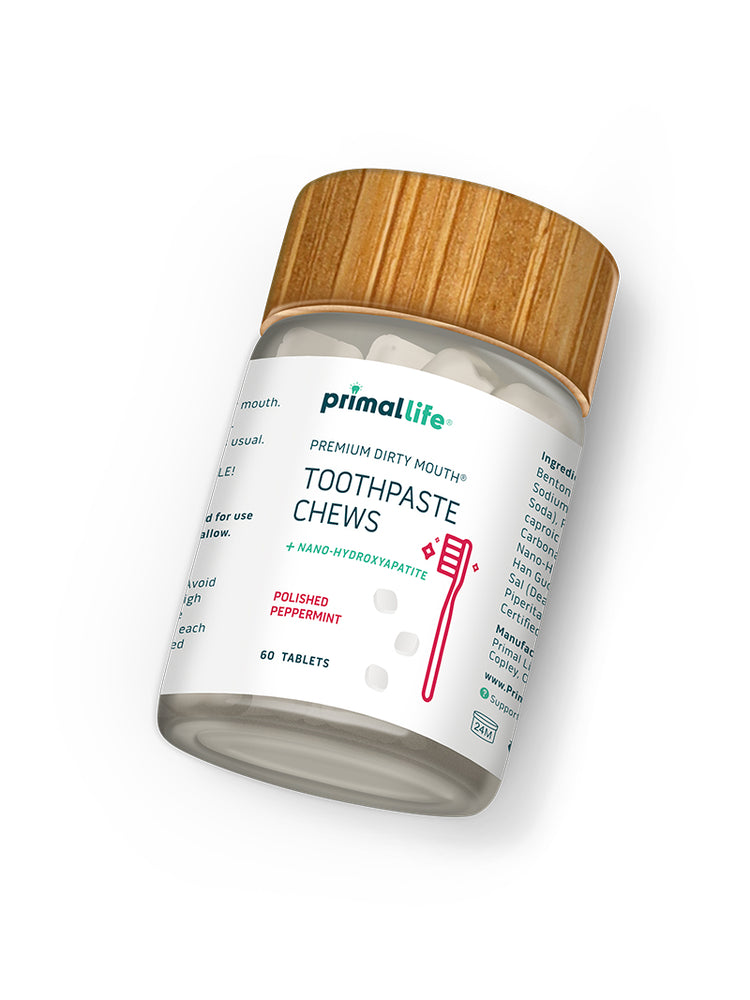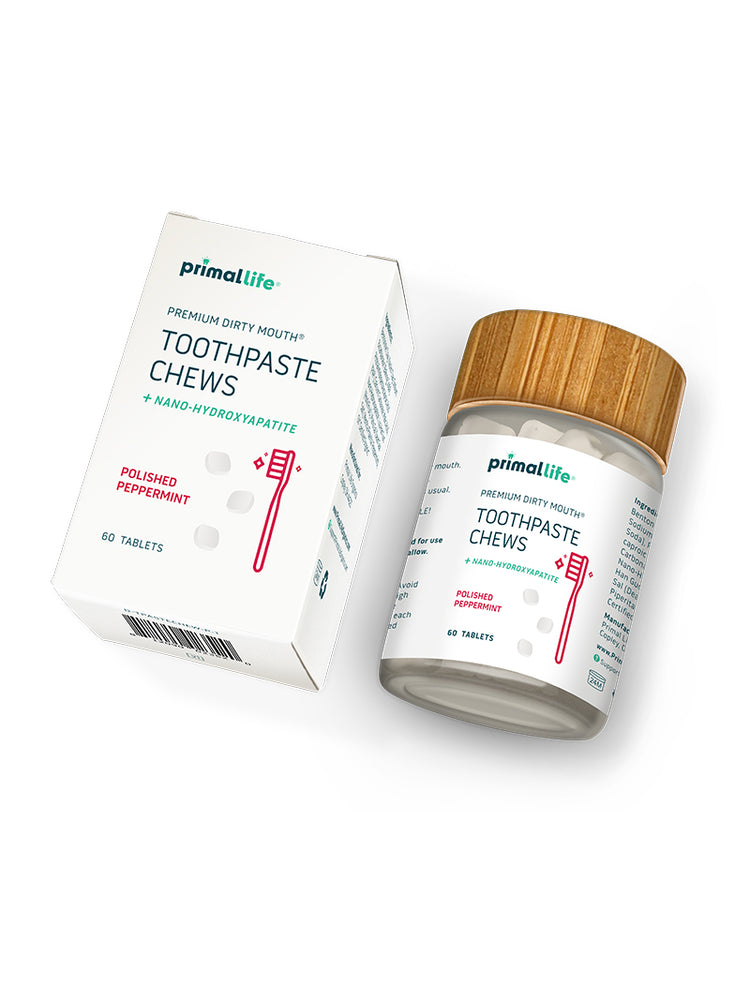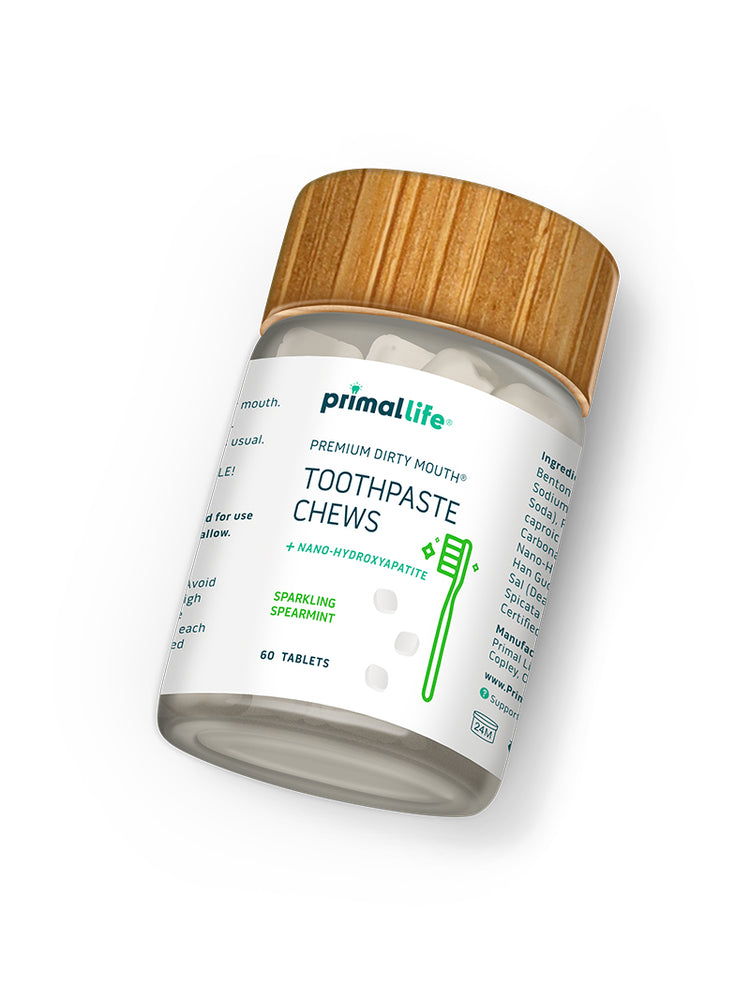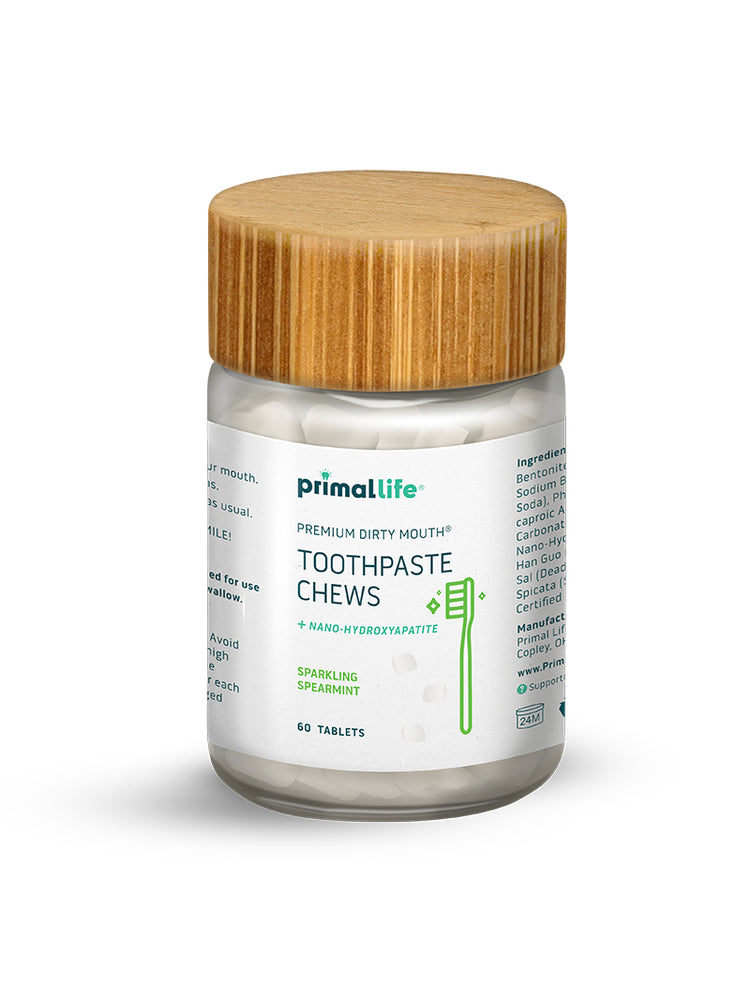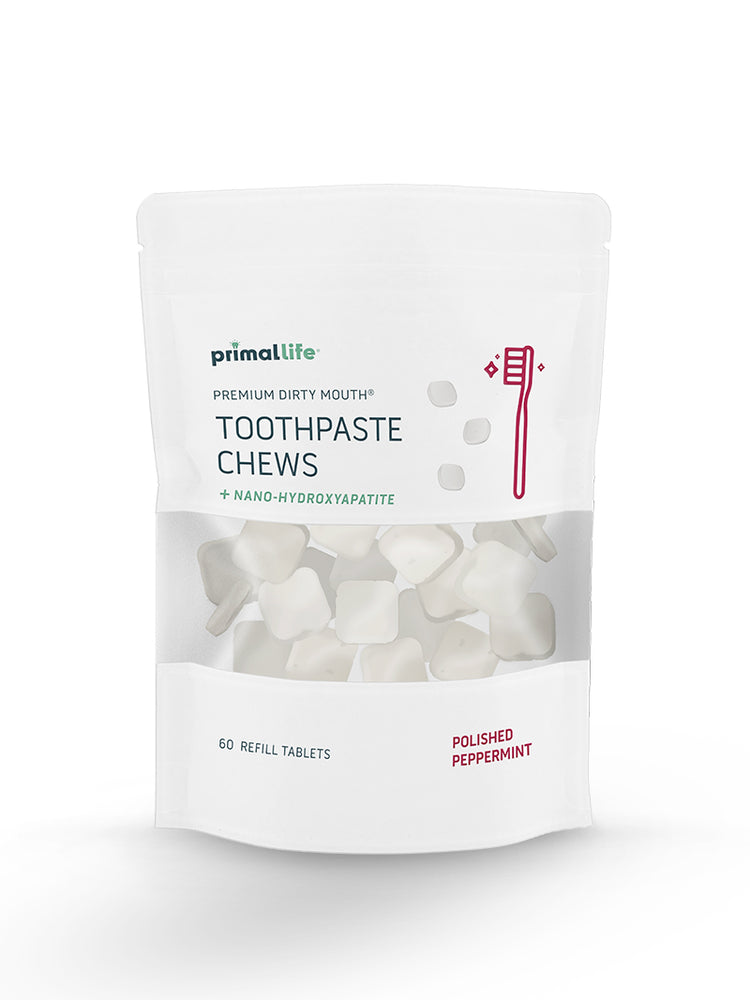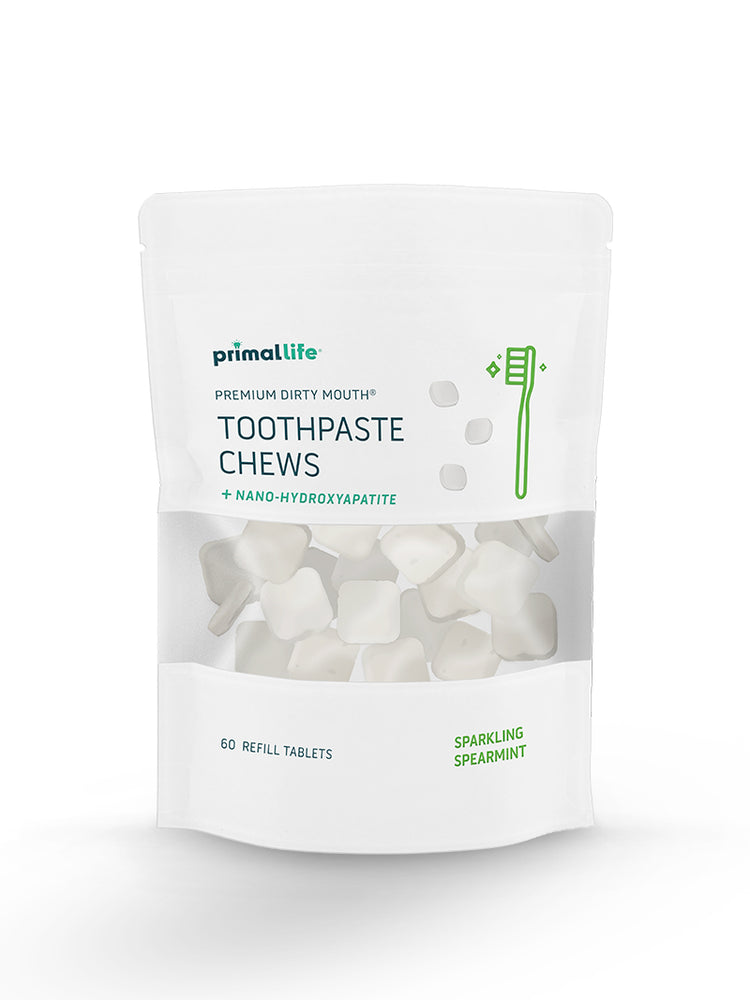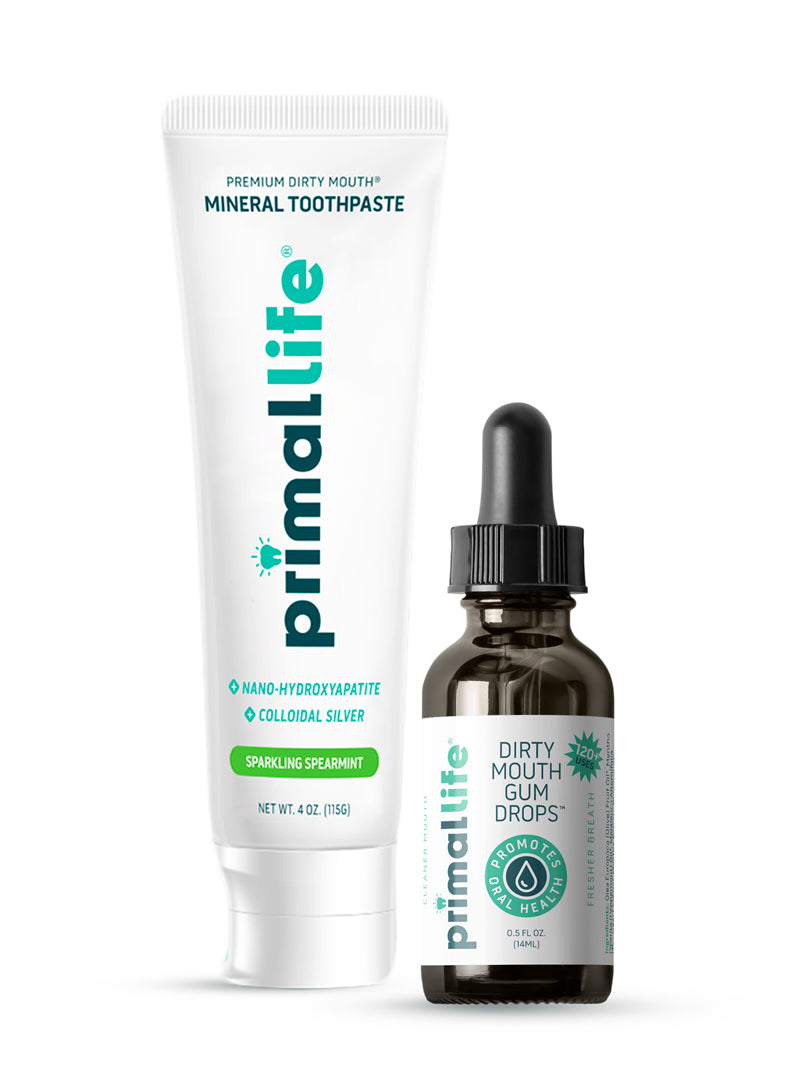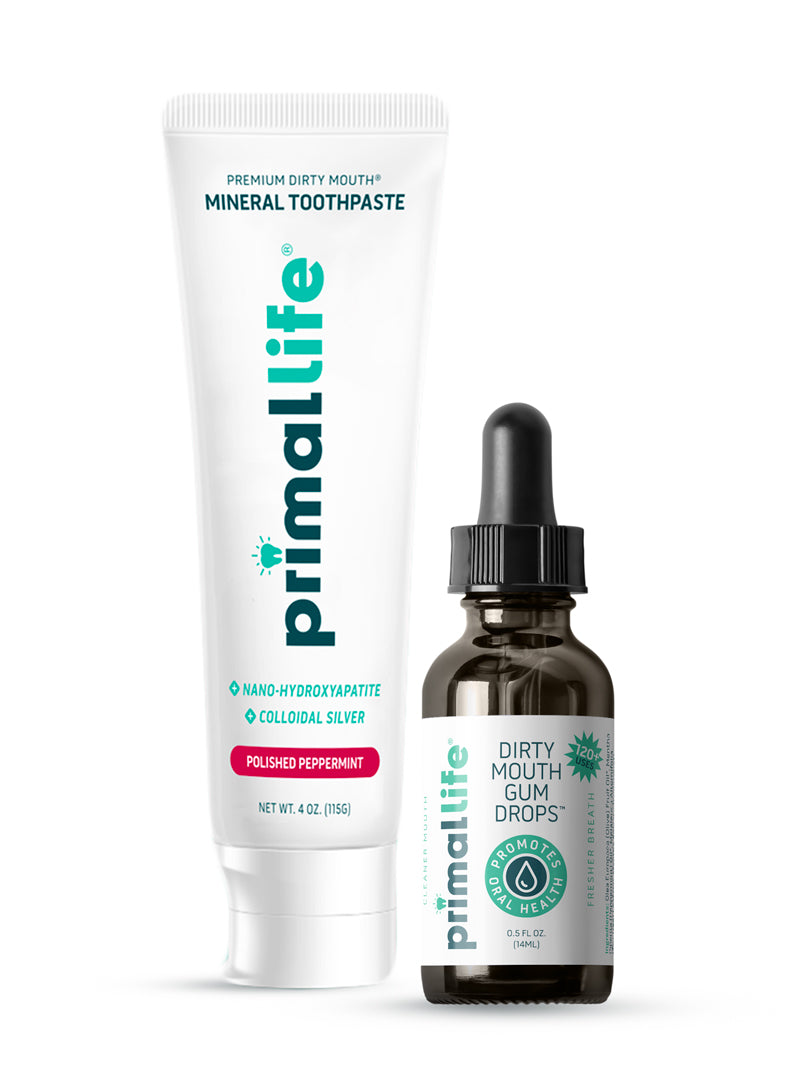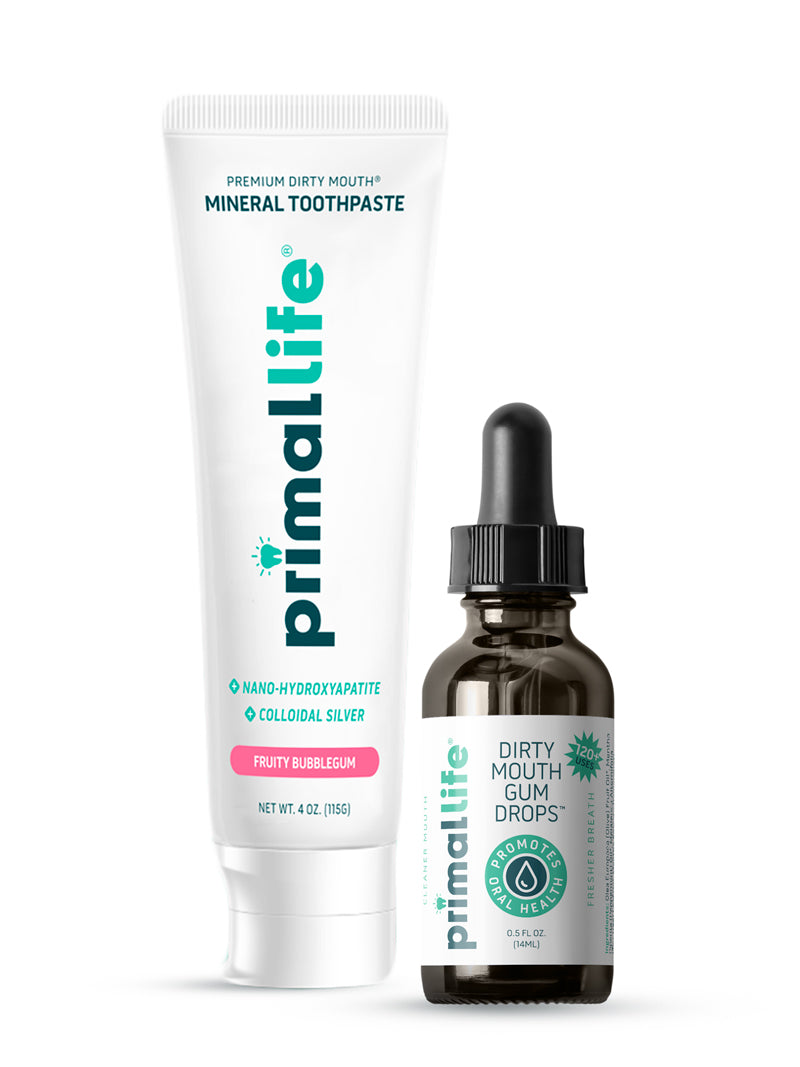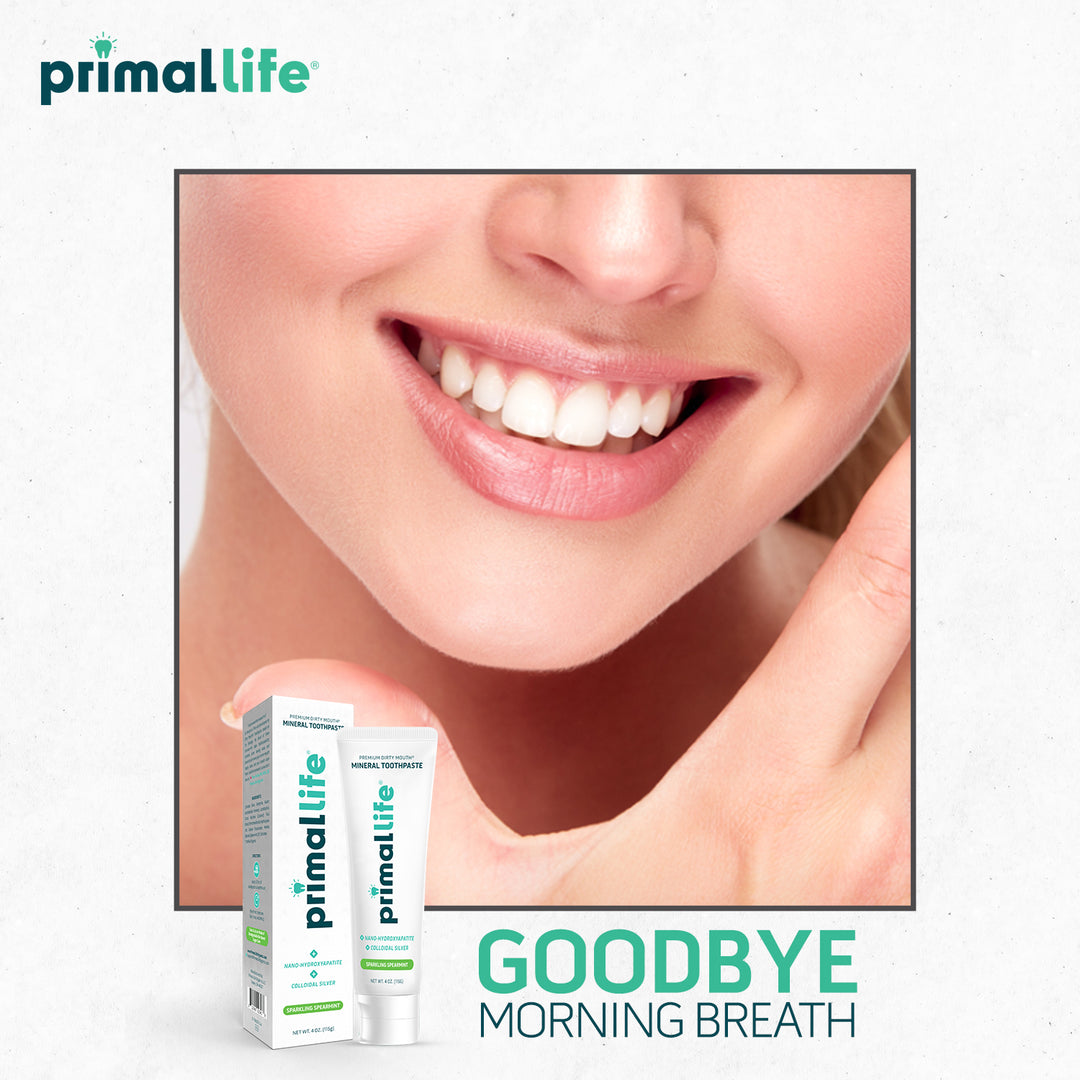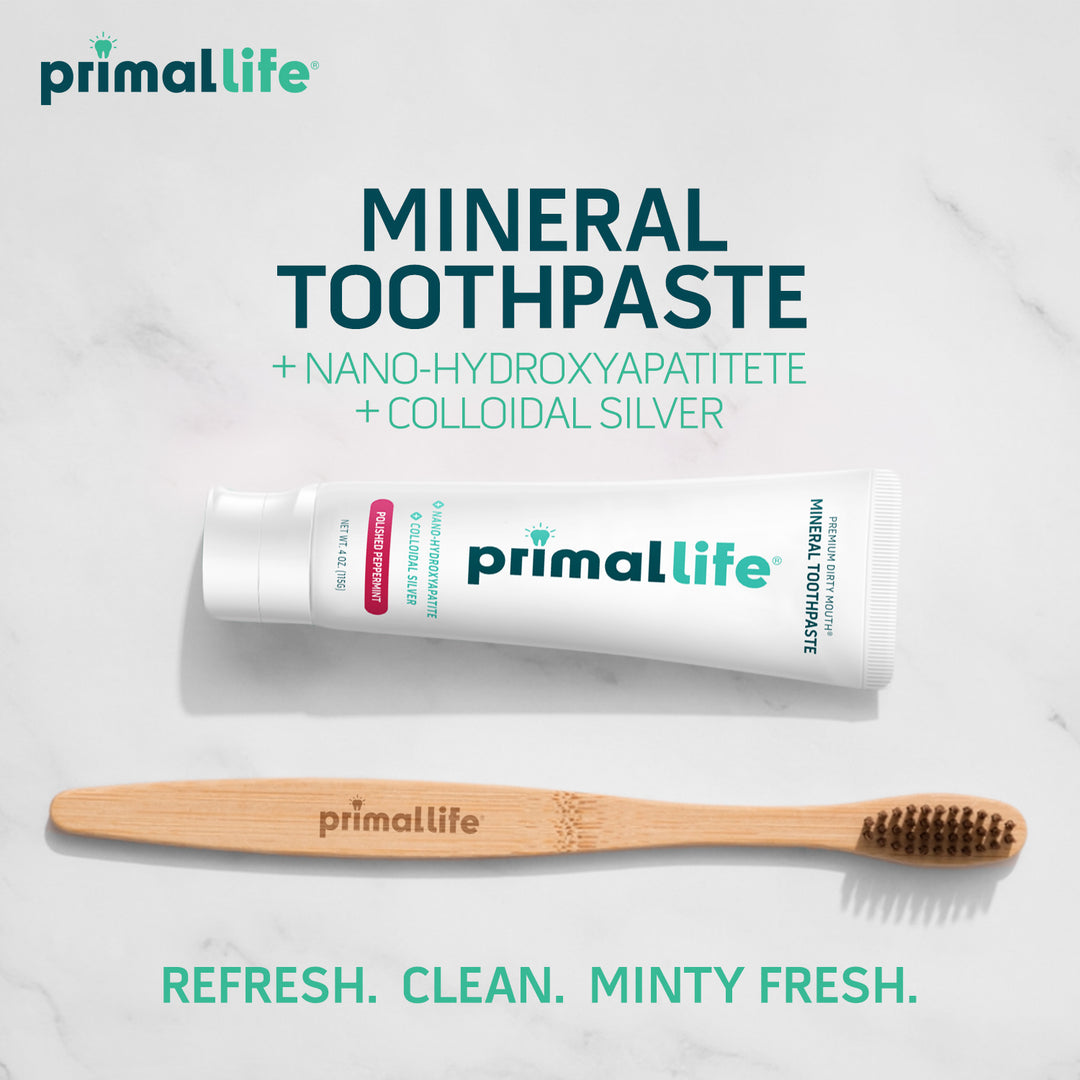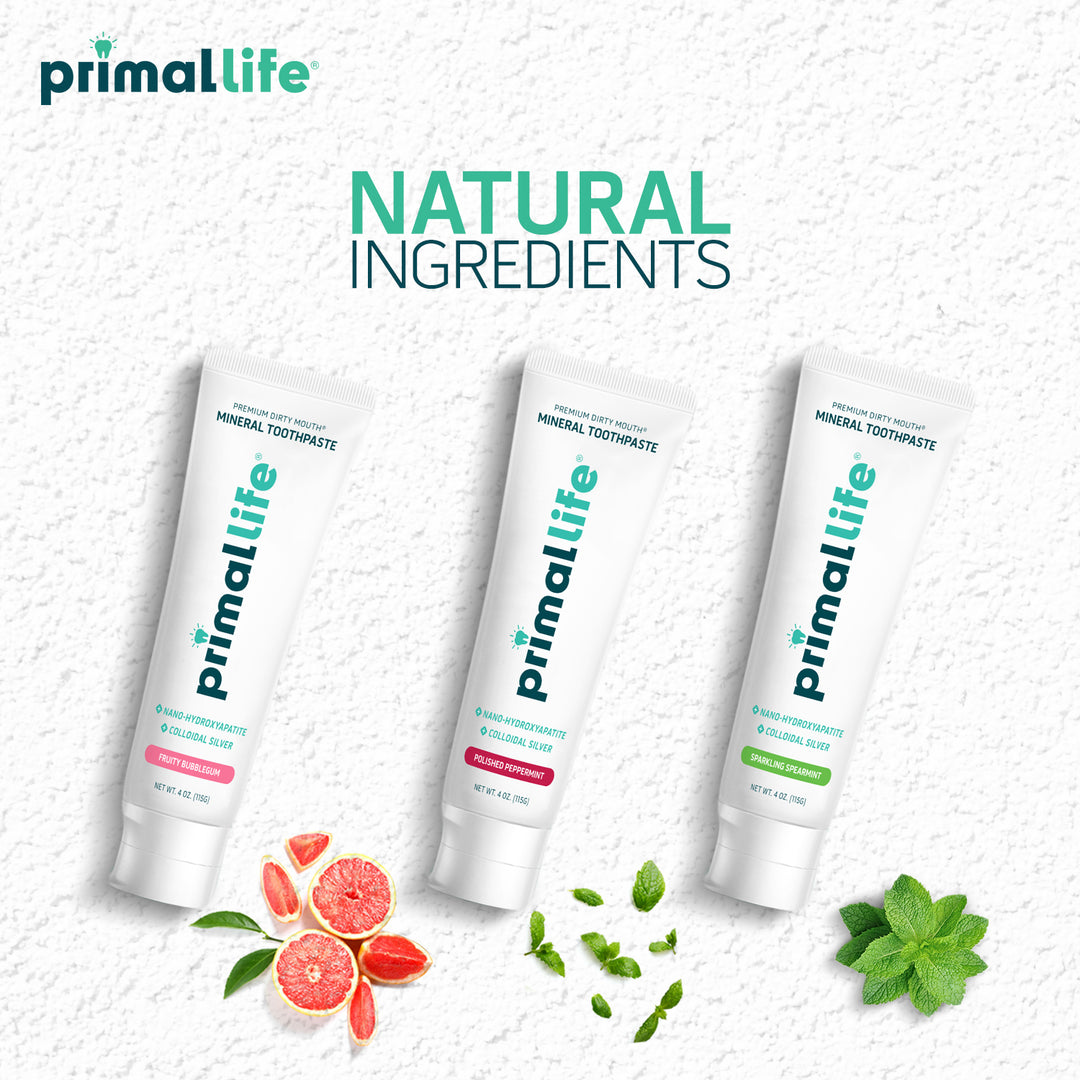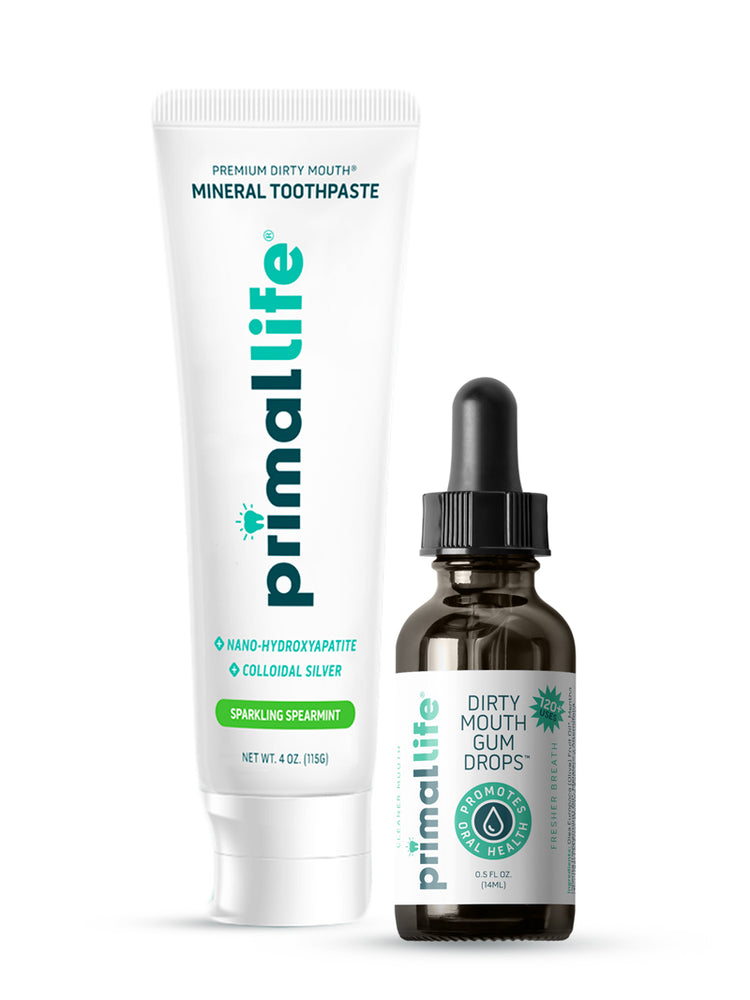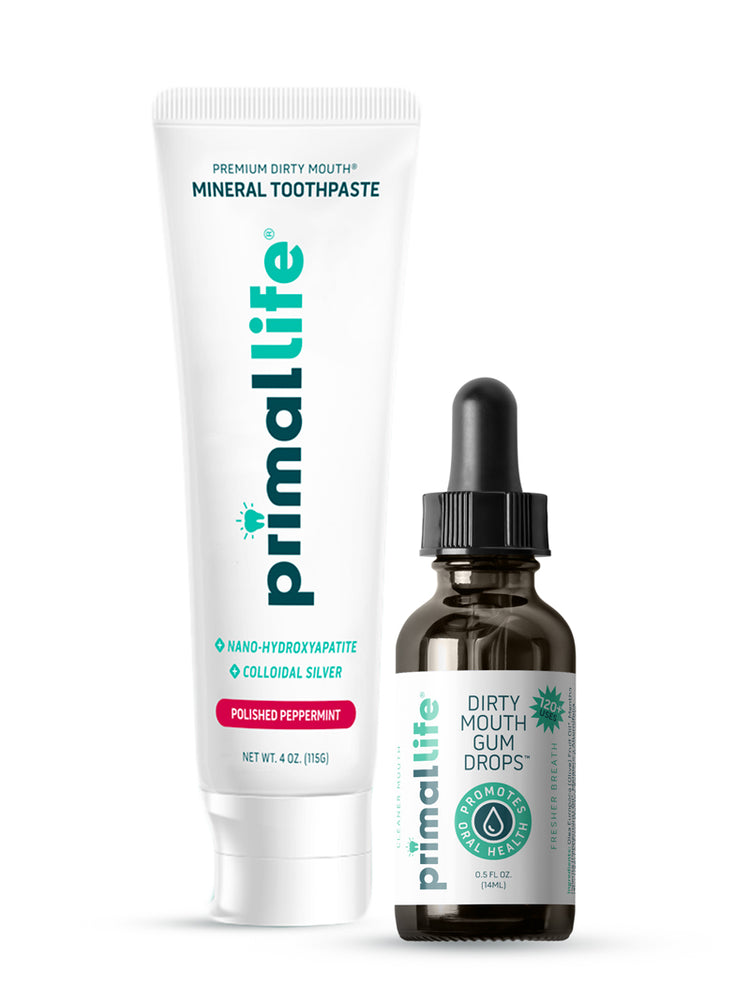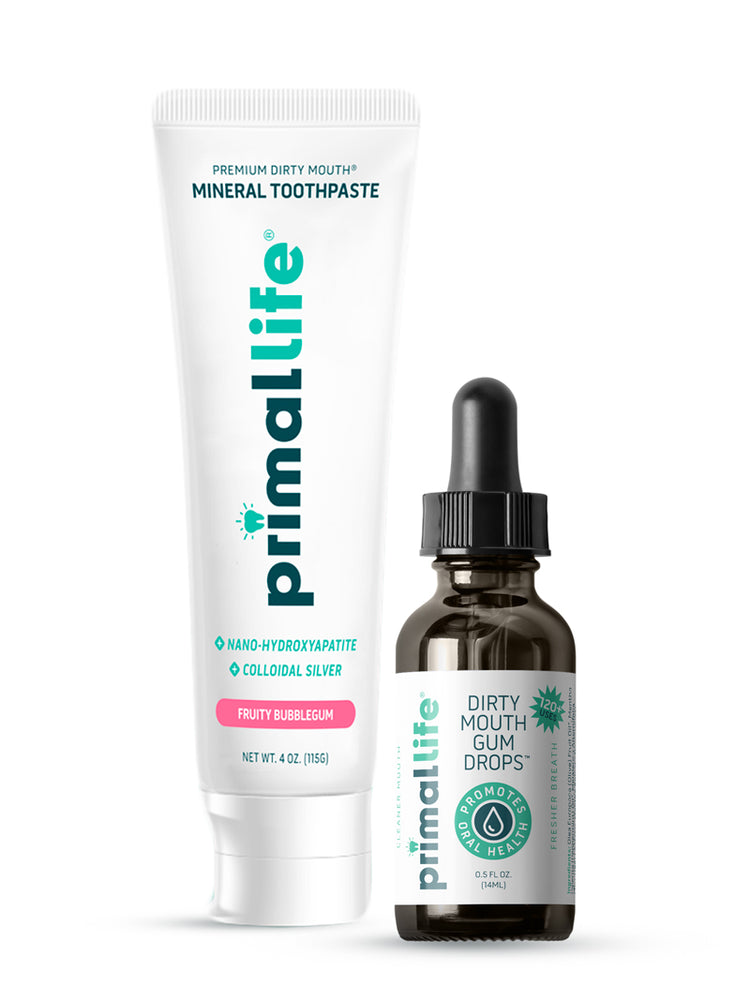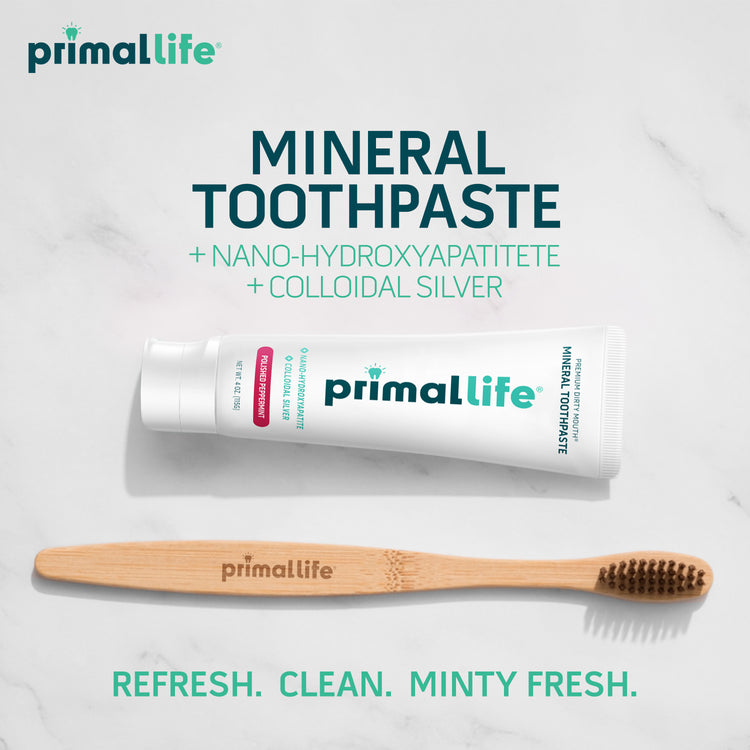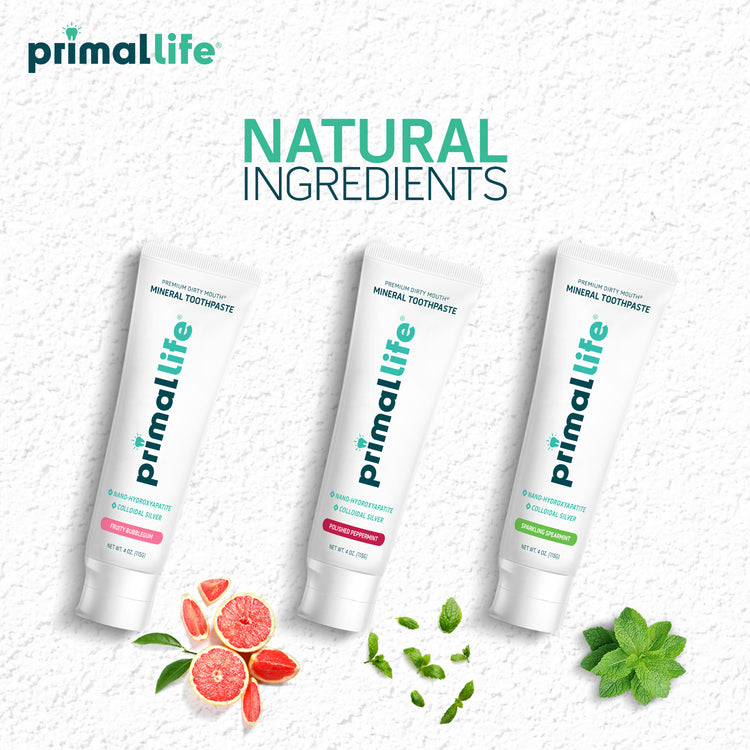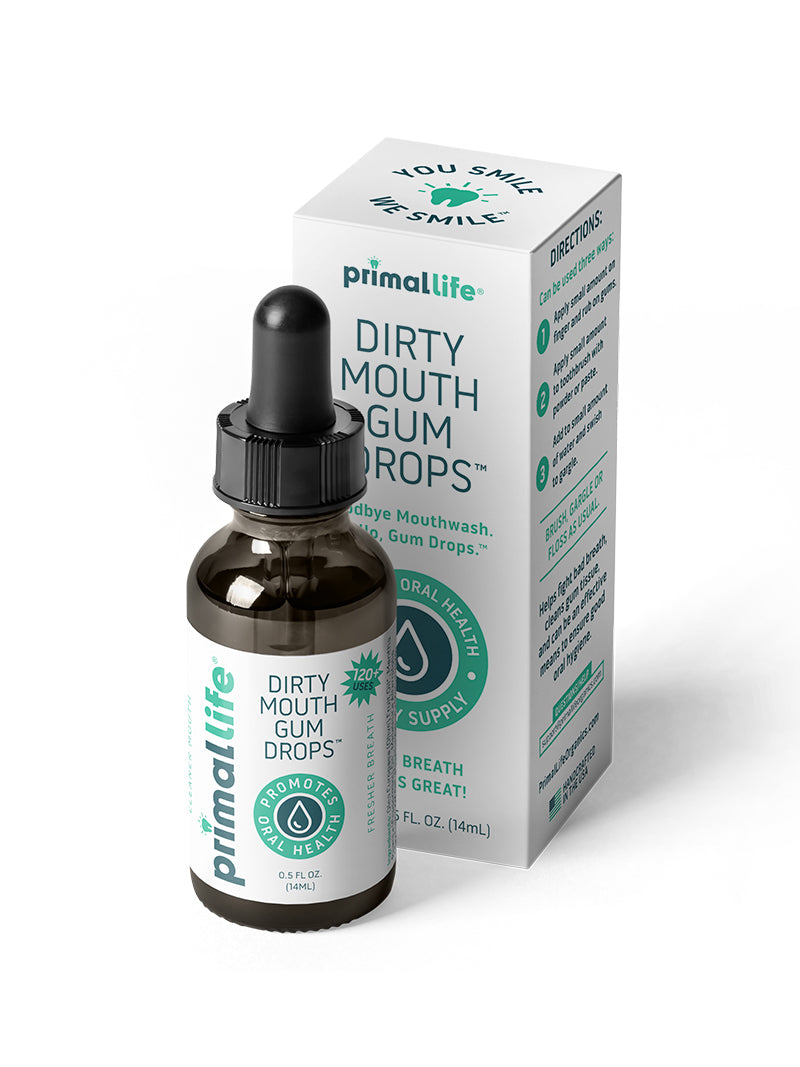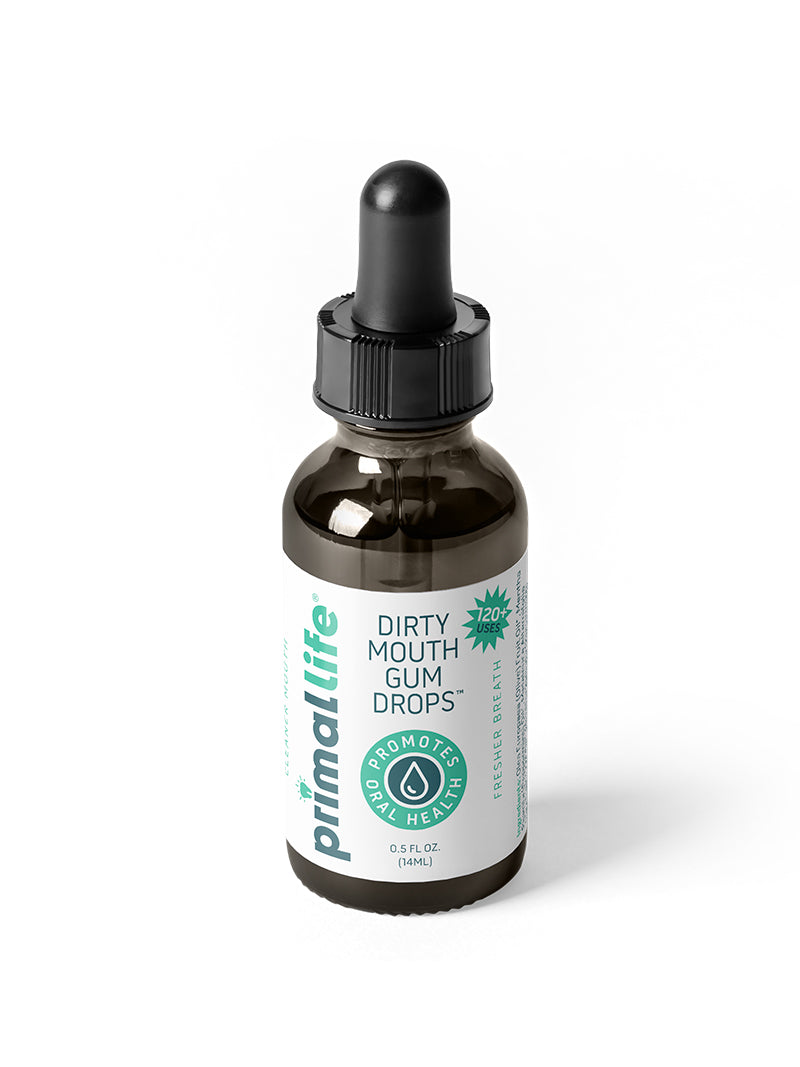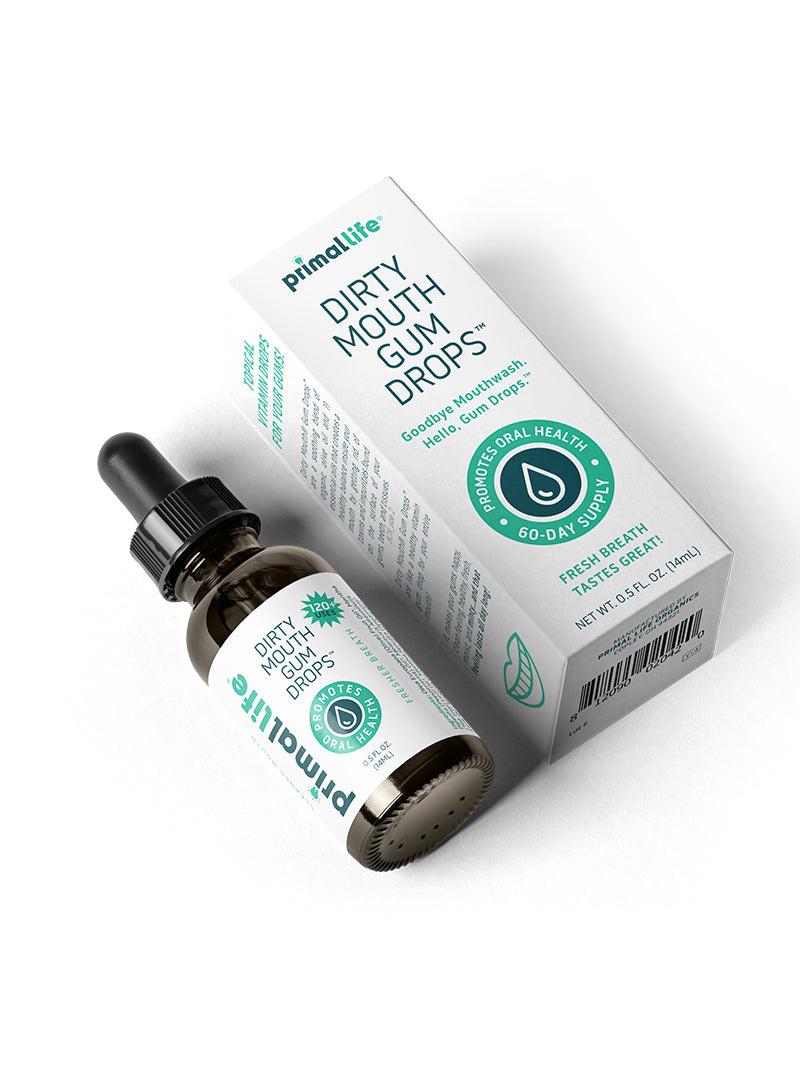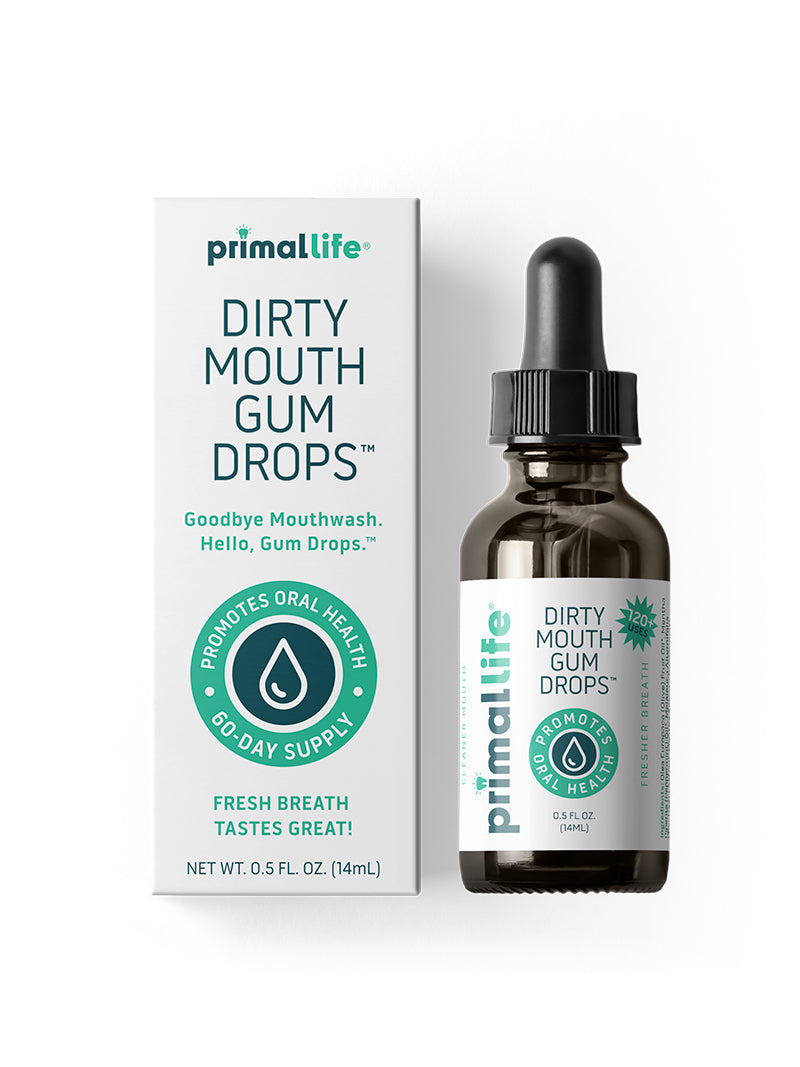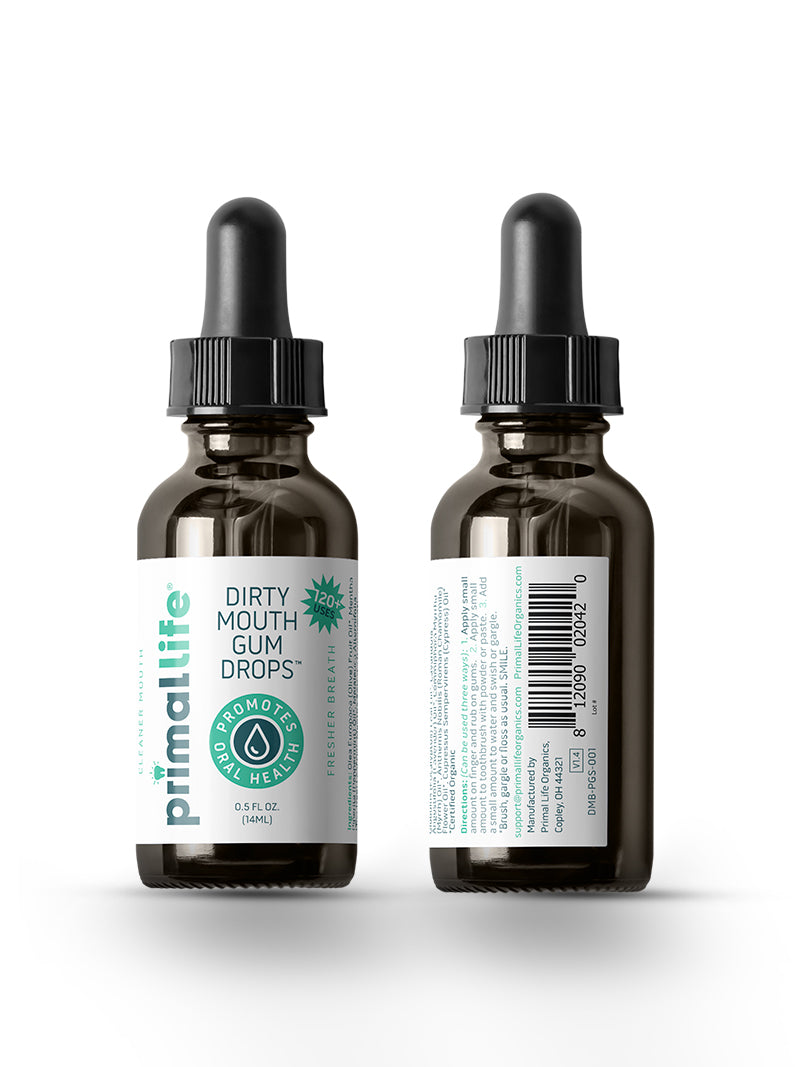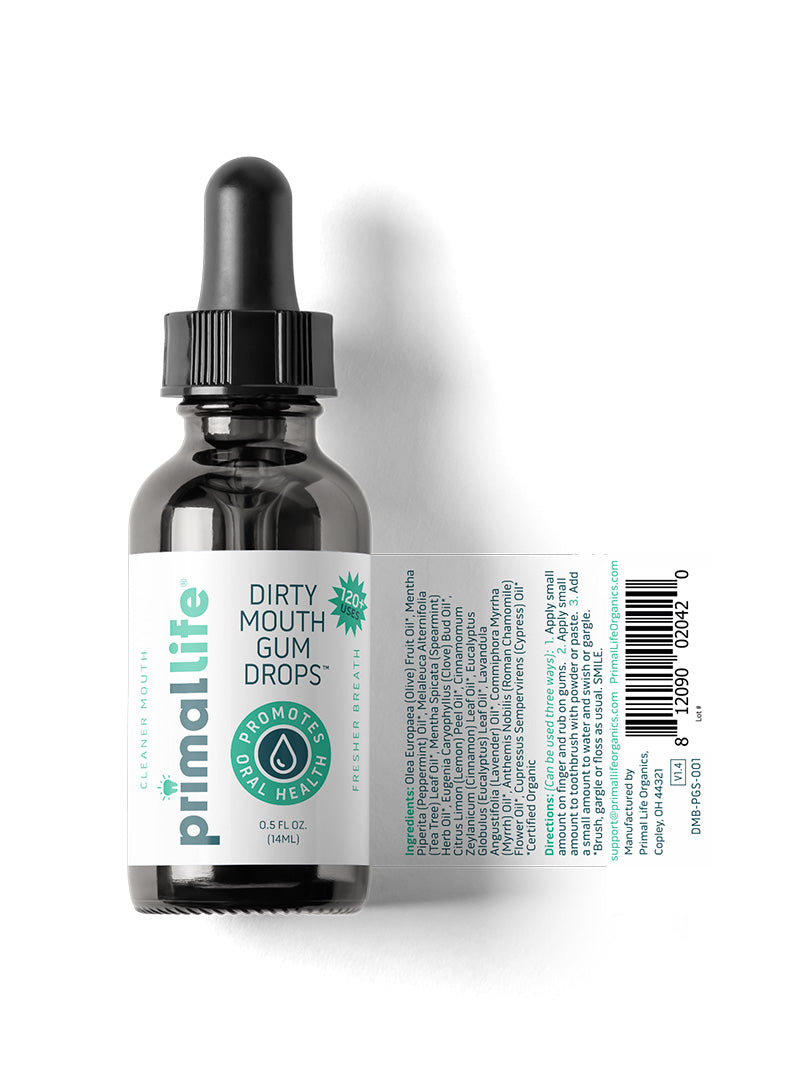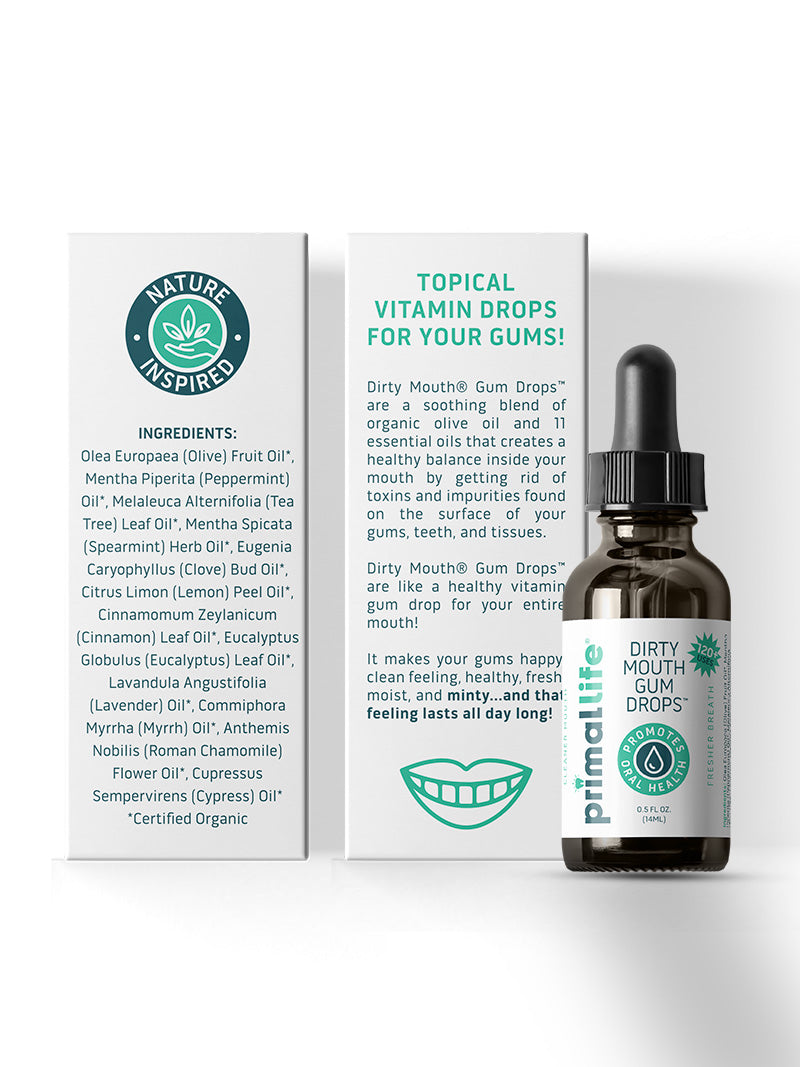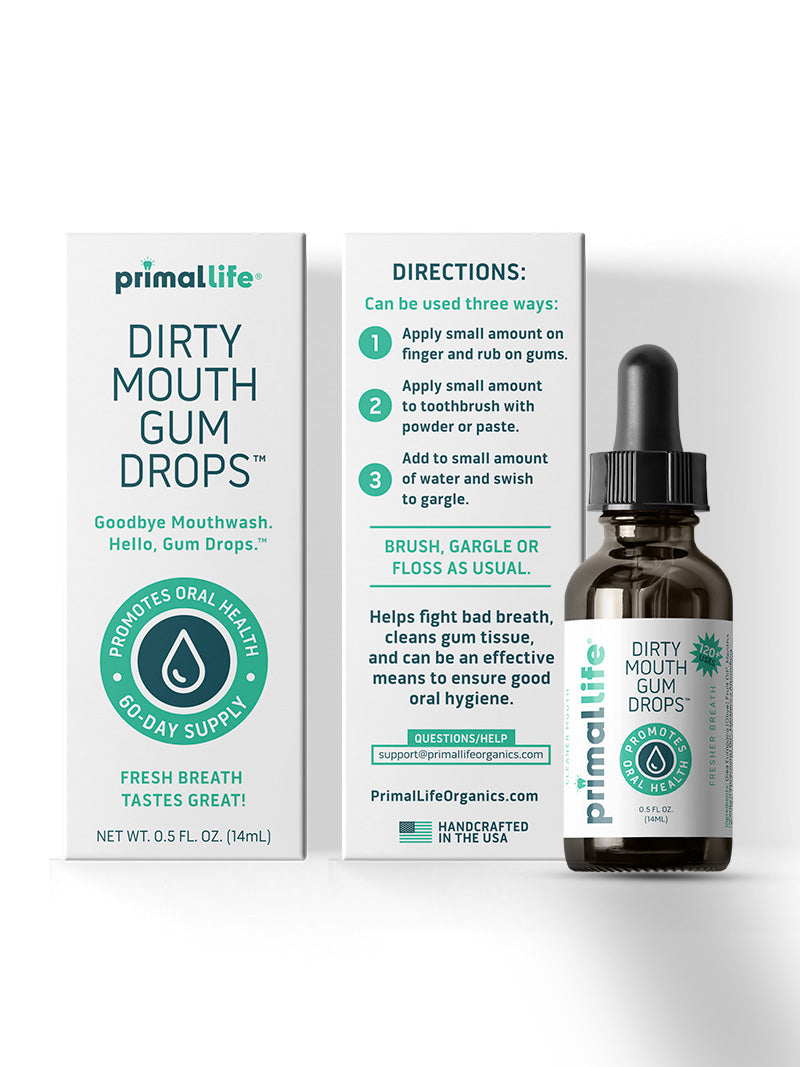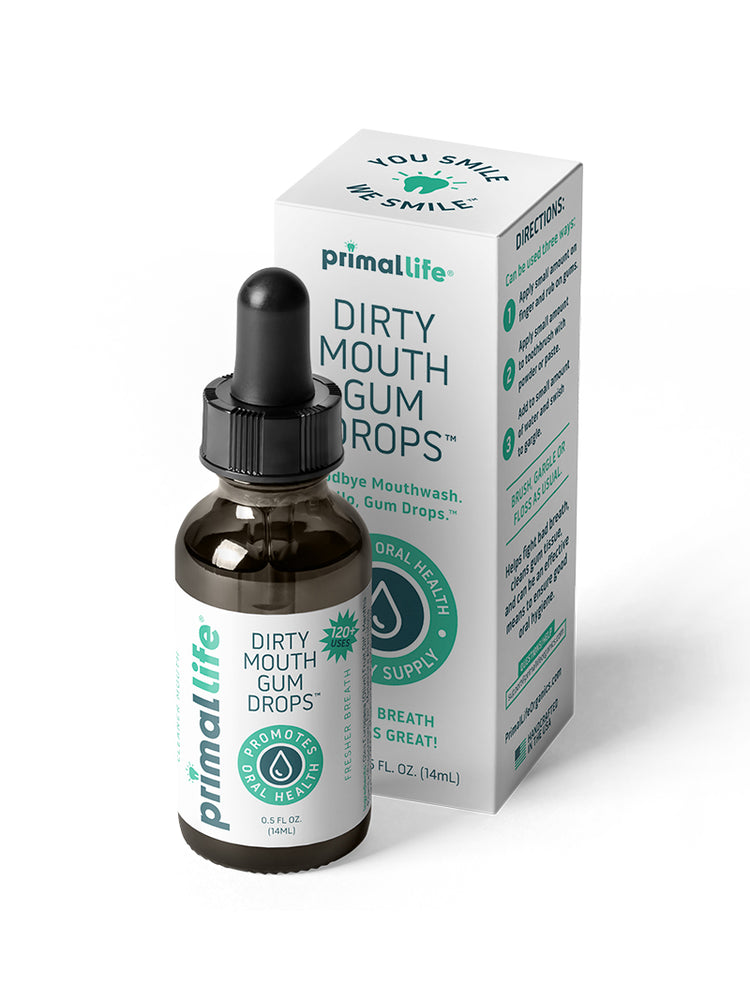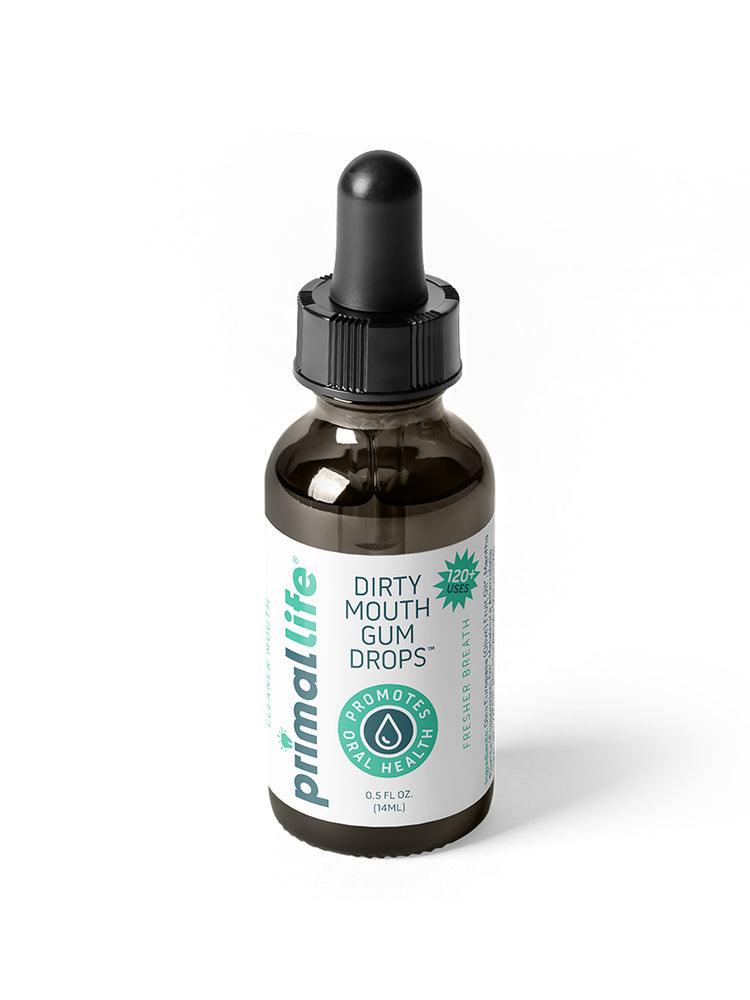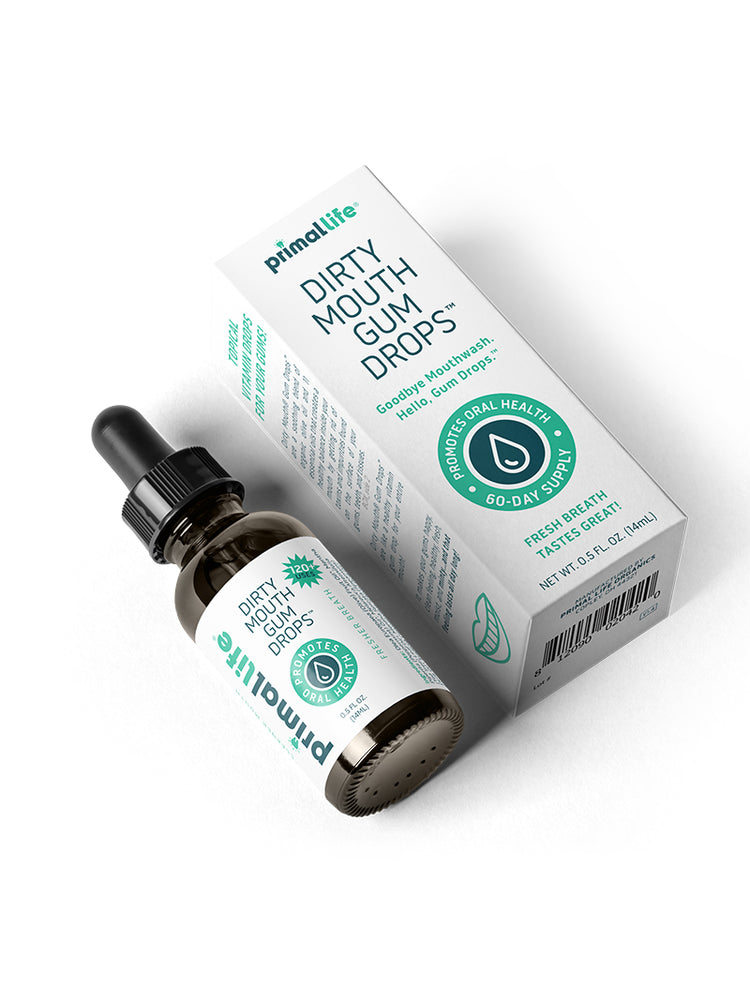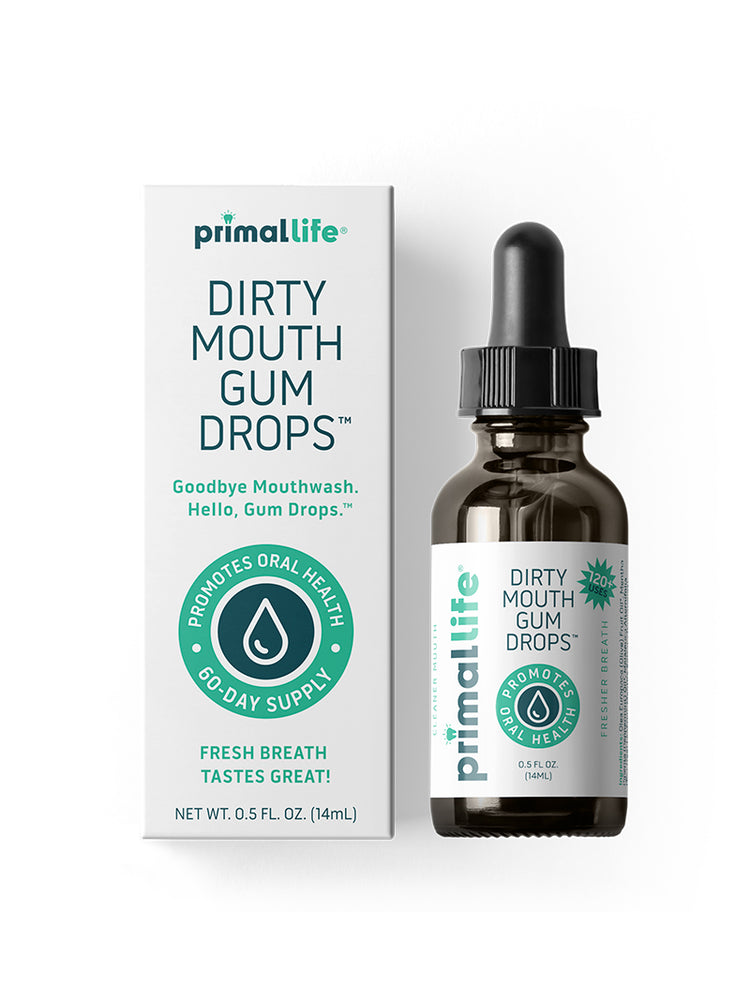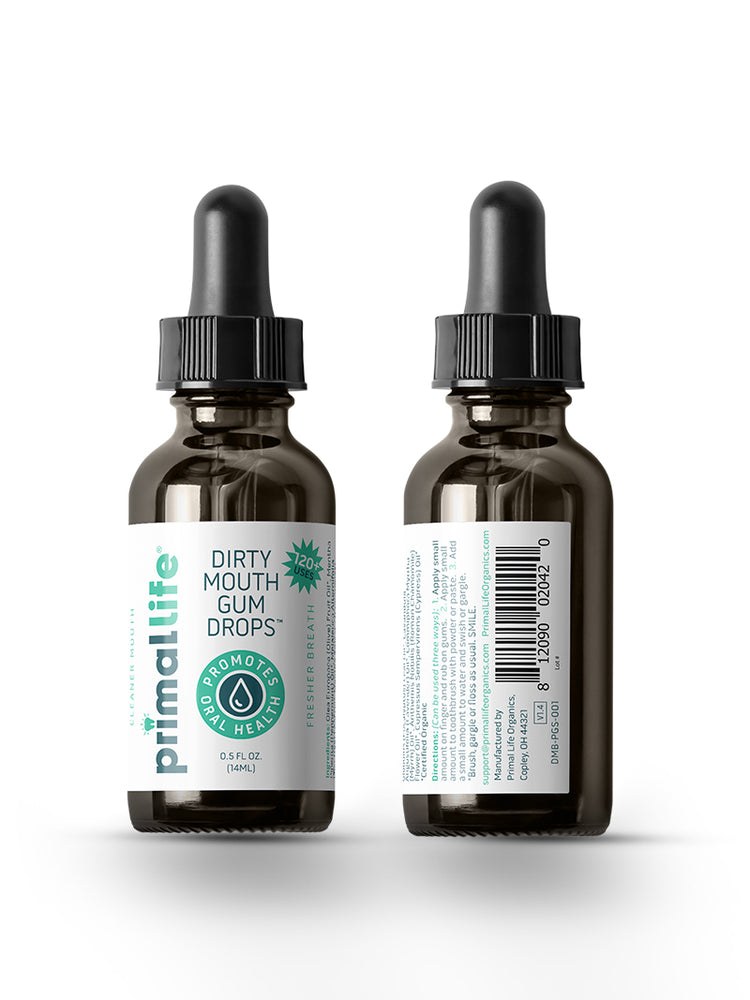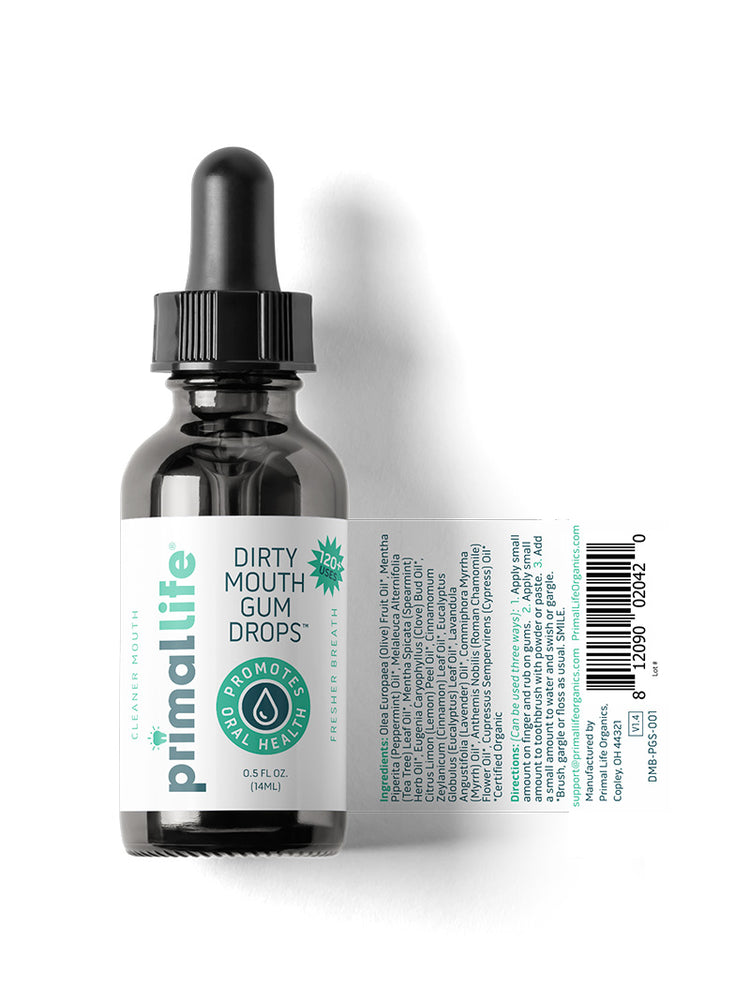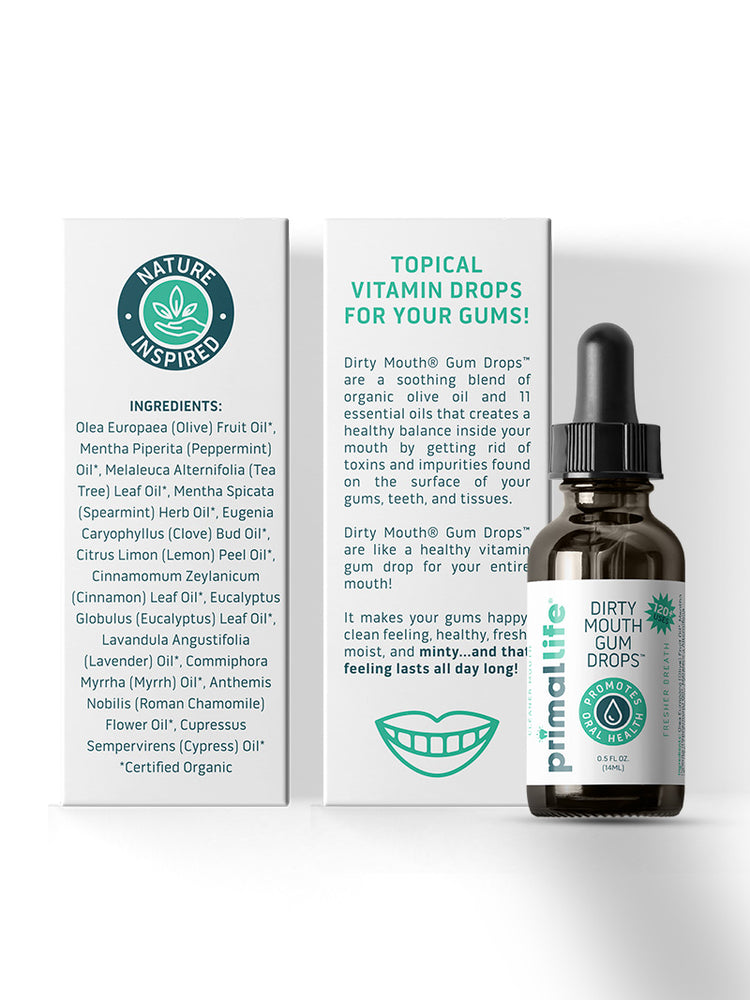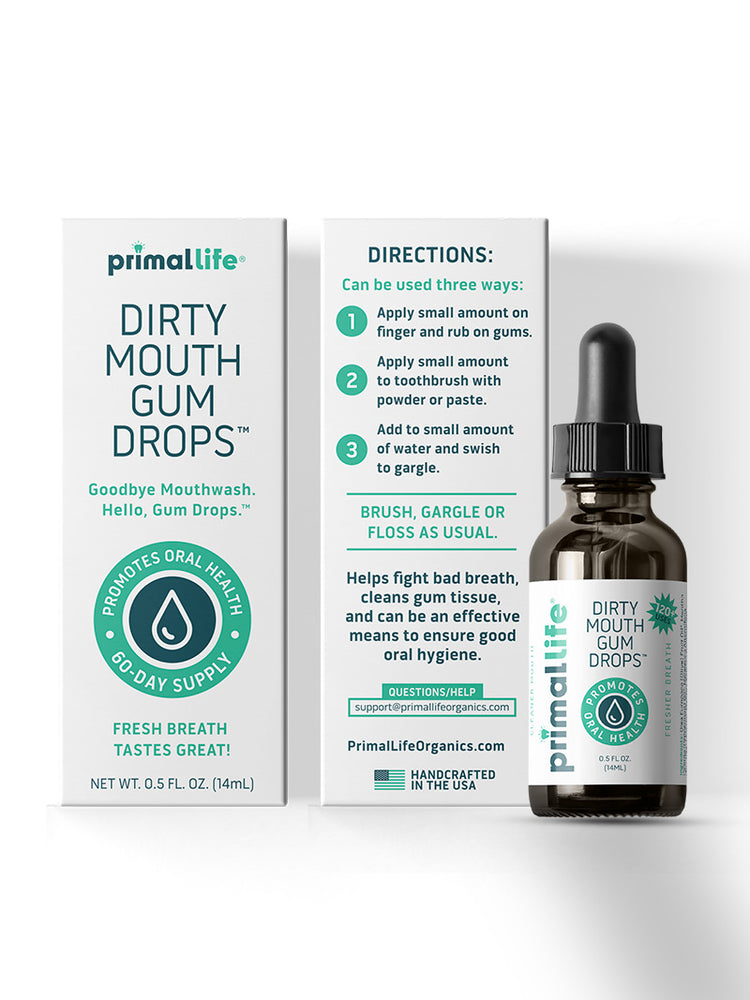7 Spearmint Essential Oil Uses to Help Your Skin, Mood, and More

There's no denying the appeal of spearmint. Whether you're tasting it, smelling it, or putting it on your skin, the subtle minty sweetness is both invigorating and soothing. Often considered the gentler, sweeter cousin to peppermint, spearmint can be used externally and internally, making it one of nature's most versatile go-to ingredients.
Spearmint leaves can be eaten raw or enjoyed steeped in tea. Meanwhile, spearmint oil is a common flavoring and fragrance ingredient for common products from breath mints, mouthwash, and toothpaste to lotion, massage oil, and other body care products.
But aside from its delightful flavor and aroma, spearmint oil has a number of potential perks for your health. Get ready to discover some of the best spearmint essential oil benefits for your mouth, skin, and more.
What Is Spearmint Oil?
Part of the mint family, spearmint is a plant native to Europe, the Middle East, and Asia. It's now widely cultivated around the world and has been a staple in traditional Chinese medicine, Ayurvedic remedies, and natural treatments for many years.
Even today, many holistic practitioners turn to spearmint to address a variety of ailments, including nausea, indigestion, toothaches, headaches, cramps, and sore throats.
Spearmint gets its name from the plant's spear-shaped leaves, although it's also known as common mint, garden mint, and its botanical name, Mentha spicata. To make spearmint oil, the plant's leaves and flowering tops are extracted through steam distillation.
While spearmint has a host of beneficial compounds, the most significant ones are carvone, limonene, and 1,8-cineole (eucalyptol). These compounds are loaded with antimicrobial, antioxidant, and anti-inflammatory properties and are also found in other plants such as rosemary, tea tree, eucalyptus, and peppermint.
Spearmint is a milder alternative to peppermint essential oil, which has a much stronger scent and tingling sensation due to menthol. That makes it a great topical and aromatic option for those with sensitive skin or a sensitive nose.
How to Use Spearmint Essential Oil

Spearmint oil can be applied to the skin, inhaled as fragrant vapors, and consumed orally (usually as an ingredient in food or drinks). However, don't ever ingest spearmint oil — or any essential oil — unless you speak with your health practitioner first. Doing so could have adverse effects.
As with all essential oils, pure spearmint oil is concentrated, so always dilute it first. For example, add a few drops to an essential oil diffuser or your bathwater. When applying to your skin, be sure to use a carrier oil such as almond oil, jojoba oil, or coconut oil.
You can also create spearmint tea by steeping torn spearmint leaves in hot water for about five minutes. Spearmint tea is naturally caffeine-free and tastes great both hot and cold.
7 Benefits of Spearmint Essential Oil
To optimize the benefits of spearmint oil, choose products made with organic ingredients and no synthetic additives. Here are seven potential health benefits of spearmint oil.
1. Promotes Oral Health

Research shows that spearmint oil has antioxidant and antimicrobial properties that can help protect gums and promote overall oral health. You can even chew on fresh spearmint leaves to support your oral health.
For an easy DIY mouthwash, use a dropper to add two drops of spearmint essential oil to 1 cup of water and 1 teaspoon of baking soda.
You can also use Primal Life Organics gum serum, made with certified organic spearmint oil, and black spearmint toothpaste packed with cleansing colloidal silver, mineral-rich clays, and organic spearmint oil.
2. May Reduce Hormonal Acne
The antibacterial, anti-inflammatory, and antioxidant properties of spearmint oil don't just offer oral health benefits — they may also be able to improve skin conditions such as acne.
Spearmint has anti-androgenic effects, which means it can reduce the production of testosterone. Too much testosterone leads to excessive sebum (oil) production, which often triggers acne.
While more studies are needed to explicitly evaluate its effect on acne, spearmint’s ability to block testosterone makes it a potentially powerful alternative to drugs that treat hormonal acne.
3. Helps With Digestive Issues
Thanks to the presence of carvone, spearmint can help with many digestive issues from indigestion and bloating to gas and cramps. Studies show that carvone induces antispasmodic effects to reduce muscle contractions in the digestive tract.
In one eight-week study, volunteers with irritable bowel syndrome (IBS) found symptom relief when they took a supplement that contained a combination of spearmint, lemon balm, and coriander.
4. Can Improve Mood
Spearmint oil's stimulating scent is at both a pick-me-up and a stress reliever. A 2017 comprehensive review determined that aromatherapy is effective at alleviating depressive symptoms, especially when used with massage.
For your own DIY aromatherapy massage oil blend, add 2-3 drops of spearmint oil to the carrier oil of your choice.
5. May Reduce Stress
Along with its mood-boosting aromatherapeutic effects, spearmint may decrease anxiety and improve sleep when consumed orally. In a 2018 study, scientists found administering rats aqueous extracts of spearmint and broadleaf plantain caused anti-anxiety and sedative effects.
Further research is required, but the antioxidant compounds of spearmint are considered responsible for these beneficial outcomes.
6. May Reduce Unwanted Facial Hair
Because of its testosterone-inhibiting qualities, spearmint can help diminish facial hair. Hirsutism is a condition caused by too much testosterone, and it results in excessive hair growth on the face, chest, and back.
In 2010, one study found women who drank spearmint tea twice a day had significantly lowered testosterone levels and less facial hair. Likewise, a 2017 study (conducted on rats) found spearmint essential oil restricted the production of testosterone.
7. Can Improve Memory
There are some promising studies that link spearmint with better memory function. A 2016 study found extracts from spearmint and rosemary improved learning and memory in mice. In a 2018 study, men and women with age-related memory impairment took two spearmint extract capsules daily for 90 days. Those who took the 900 milligrams-per-day capsules had 15% better working memory and spatial working memory accuracy.
Potential Side Effects of Spearmint Oil
Spearmint oil is generally recognized as safe by the U.S. Food and Drug Administration, but there are some potential side effects. Here's what you need to know.
- Skin sensitivity: Irritation, redness, rash, or itchiness can occur if you apply the oil undiluted. Always dilute the oil, and never apply it near your eyes or inside the nose.
- Headaches and lightheadedness: These are common symptoms if you inhale spearmint essential oil for too long.
- Wheezing and respiratory issues: Prolonged inhalation of spearmint vapors might irritate your nasal passages, throat, and lungs.
- Gastrointestinal tract irritation: If consumed orally, spearmint oil could lead to digestive tract issues. Prolonged or continuous ingestion may also affect your urinary system and brain.
- Negative uterus effects: When consumed in large amounts, spearmint tea might damage the uterus.
Step up Your Self-Care Routine With Spearmint
From its minty-sweet flavor and fragrance to its numerous health benefits, it's easy to see why spearmint oil has been a go-to ingredient for so long. From your oral hygiene and digestion to your mood, skin, and memory, spearmint essential oil can give your self-care routine a serious upgrade.
Make sure to dilute spearmint oil before using it on your skin or inhaling it. Also, talk to your doctor before ingesting spearmint oil directly since there are some potentially serious side effects. For more ways to support your well-being, don't miss the Primal Life Organics blog.







